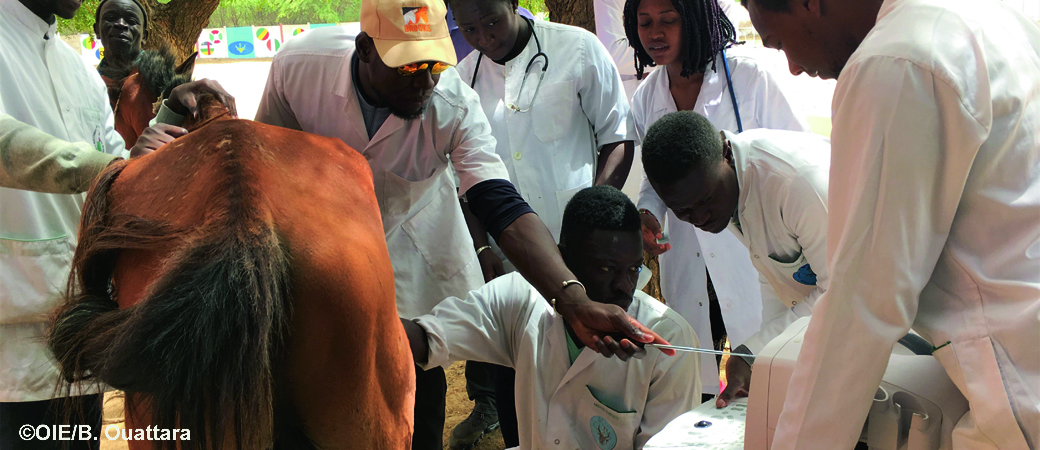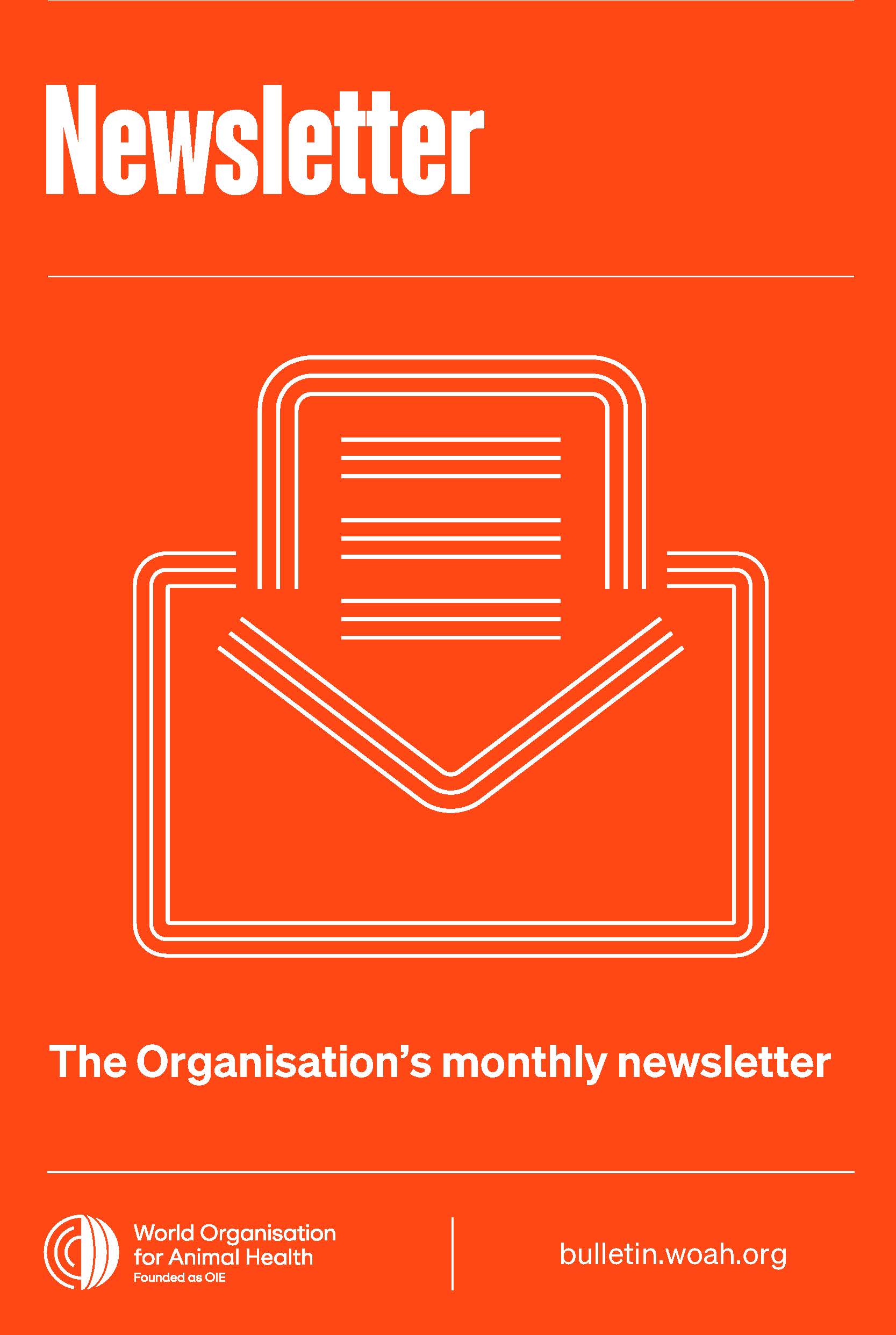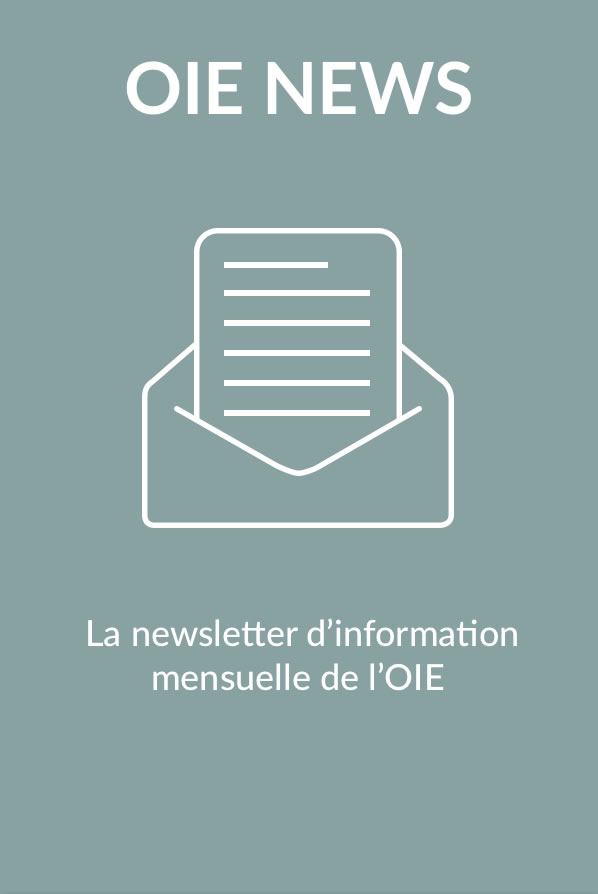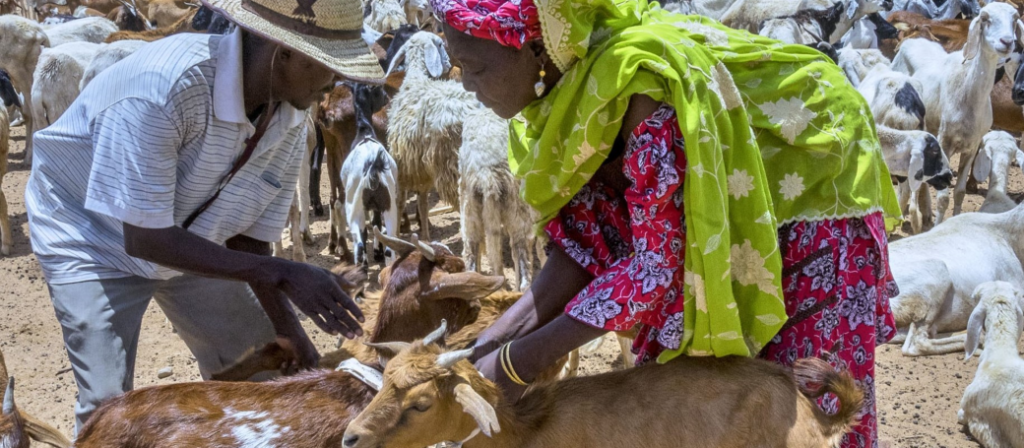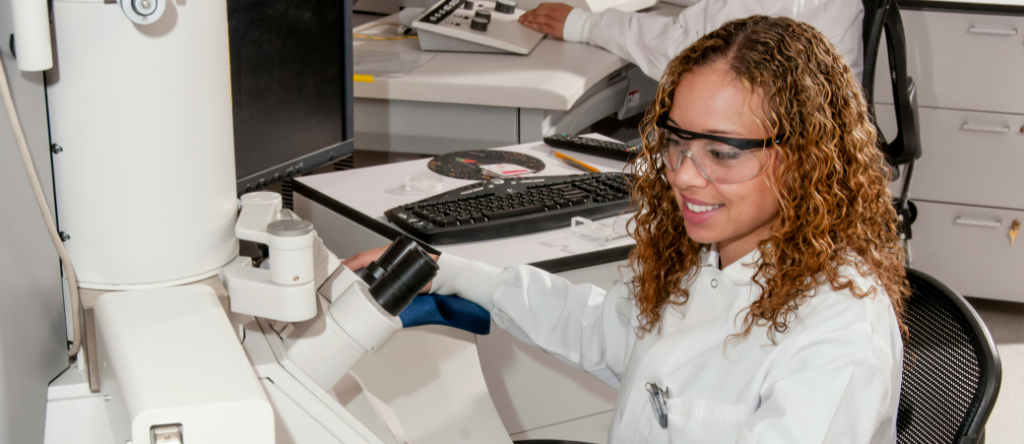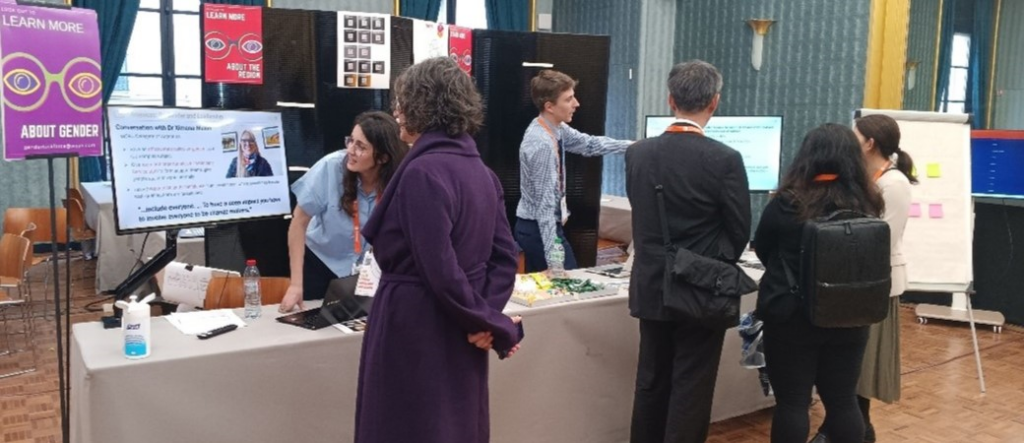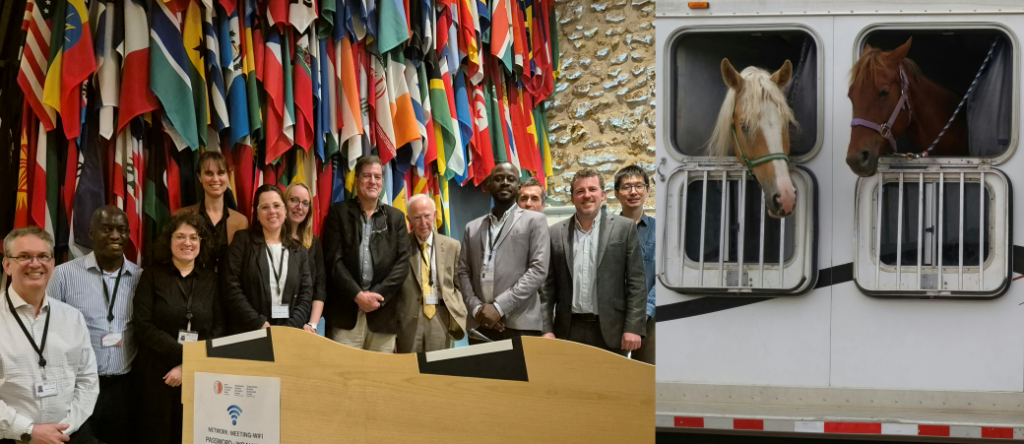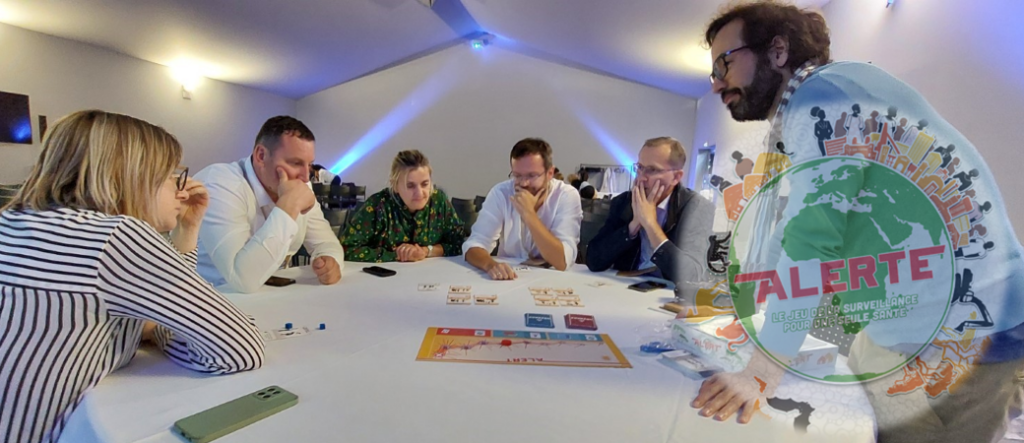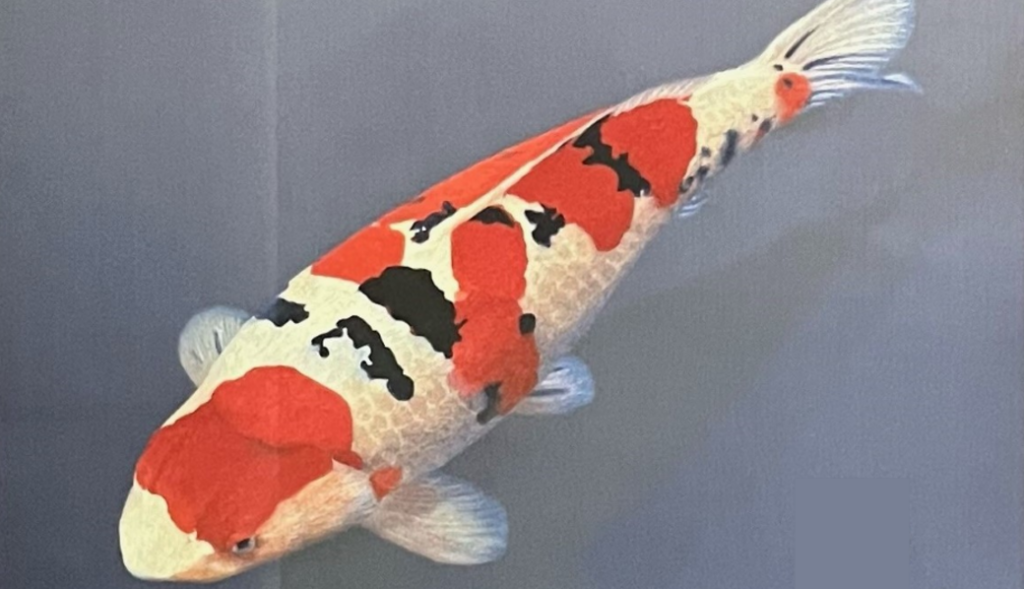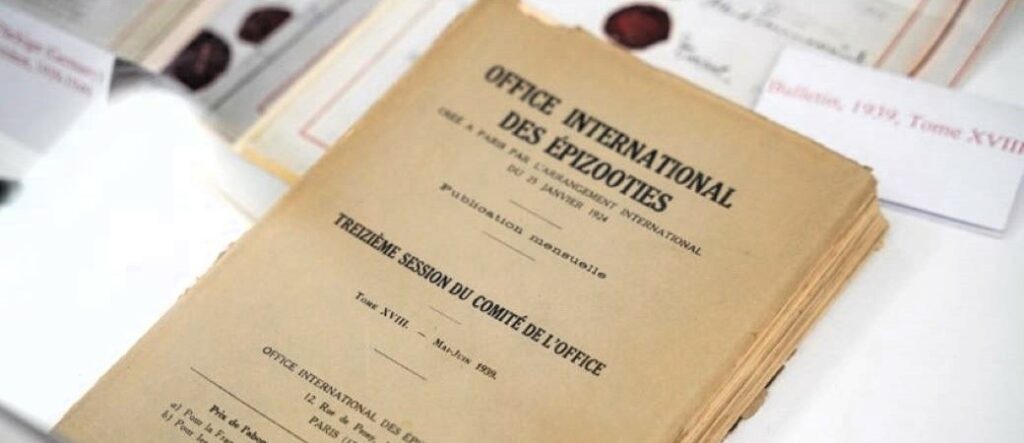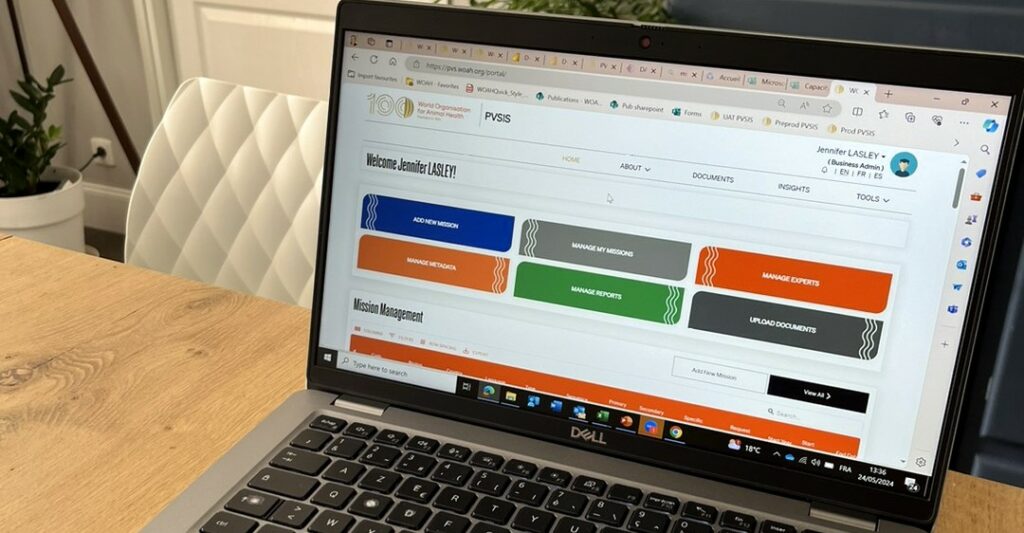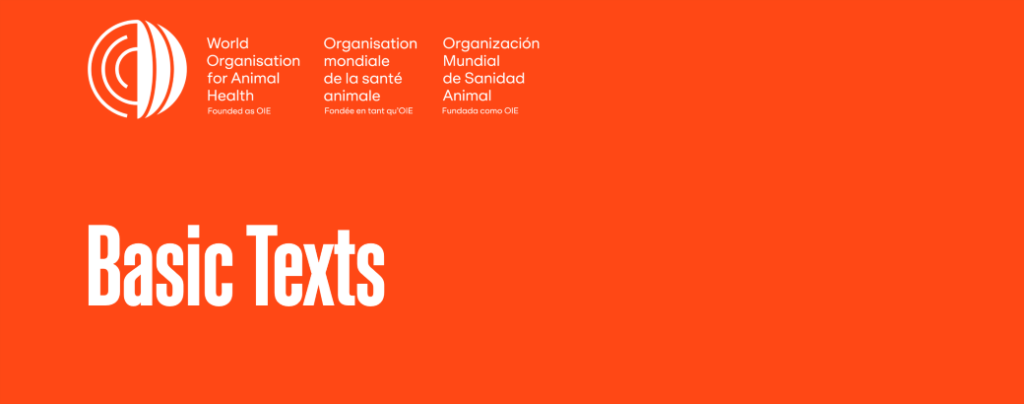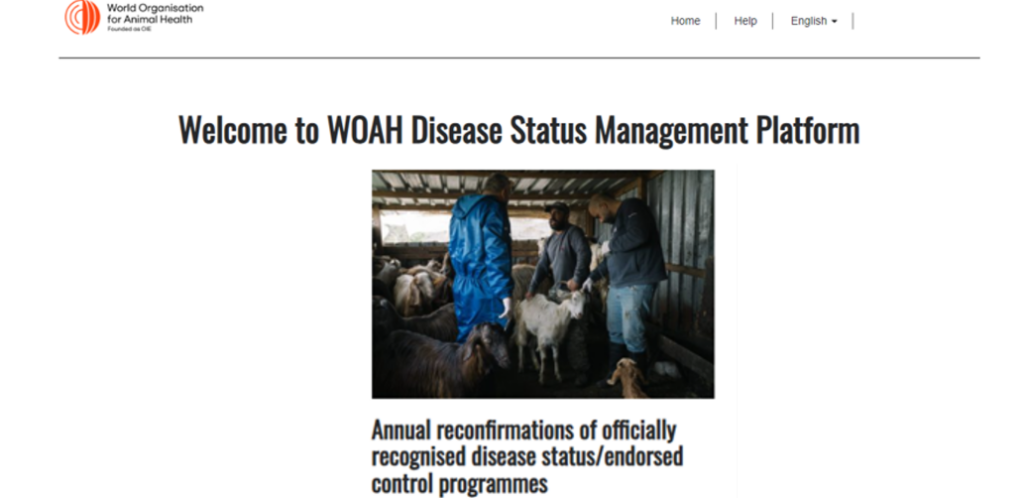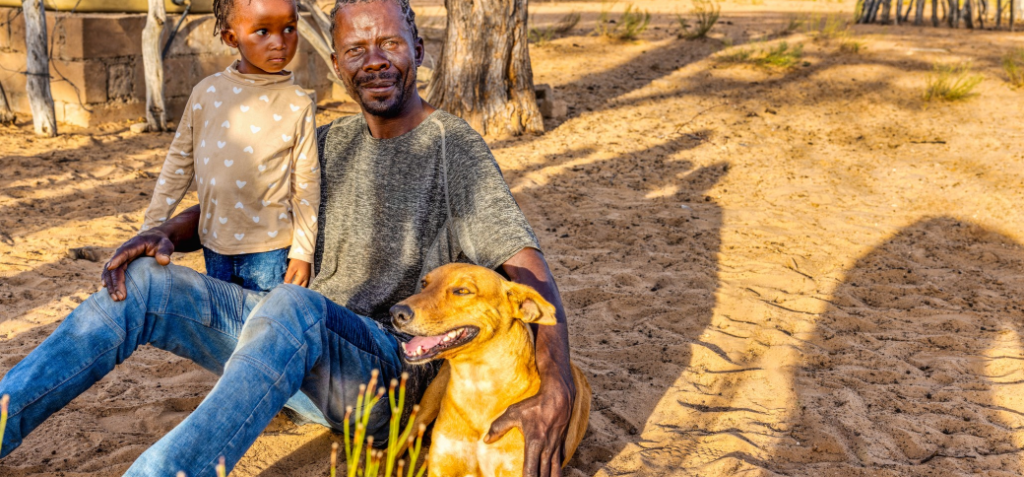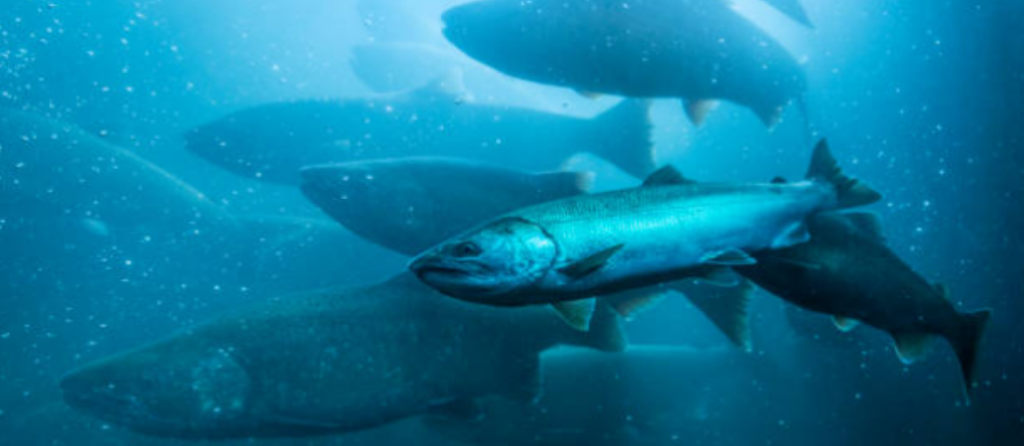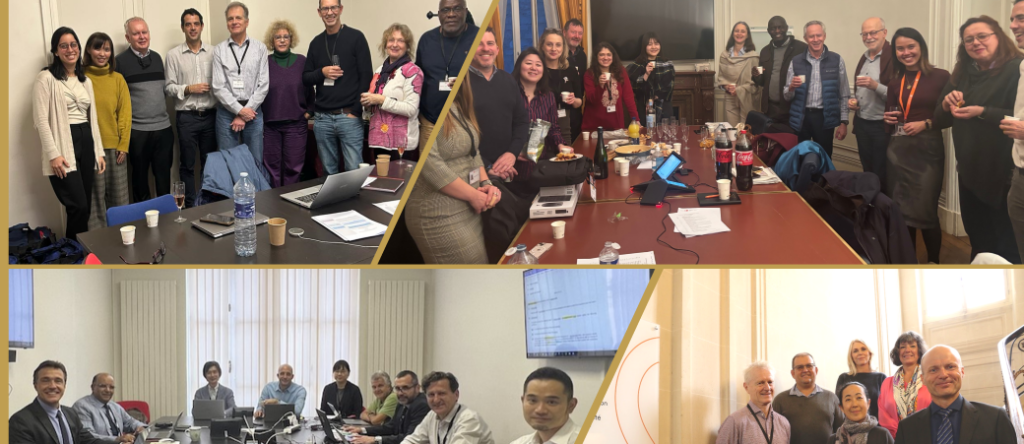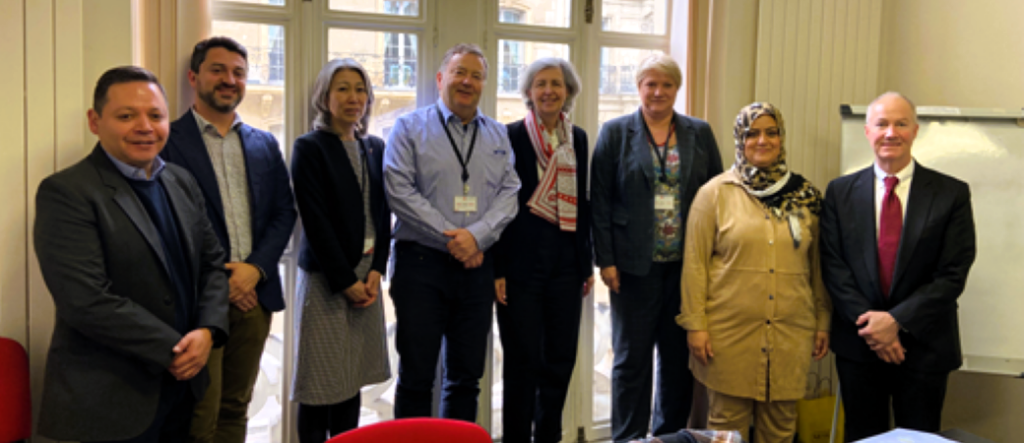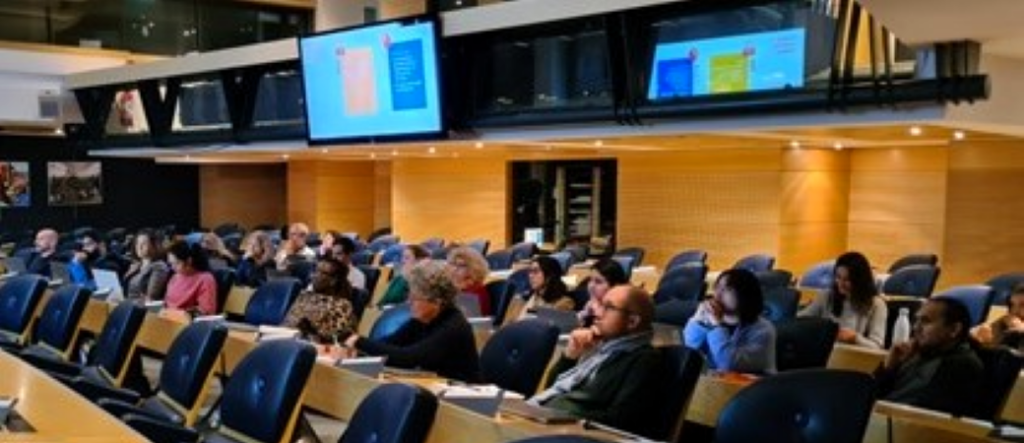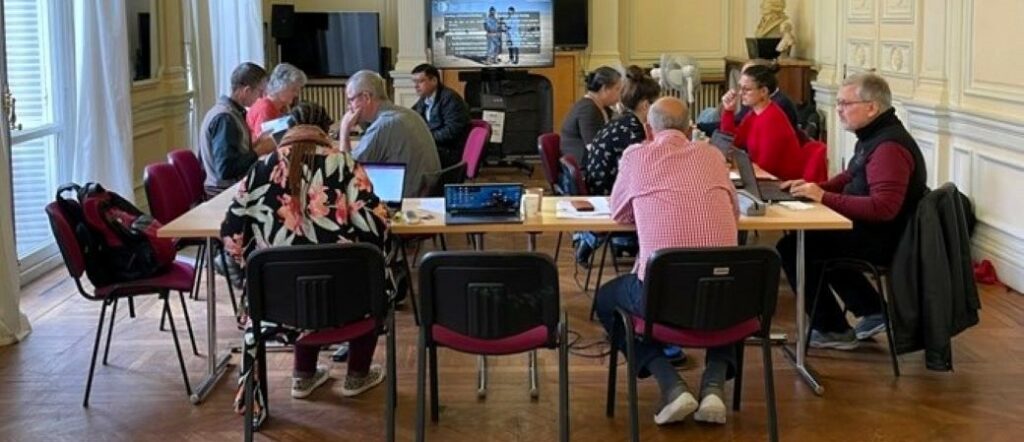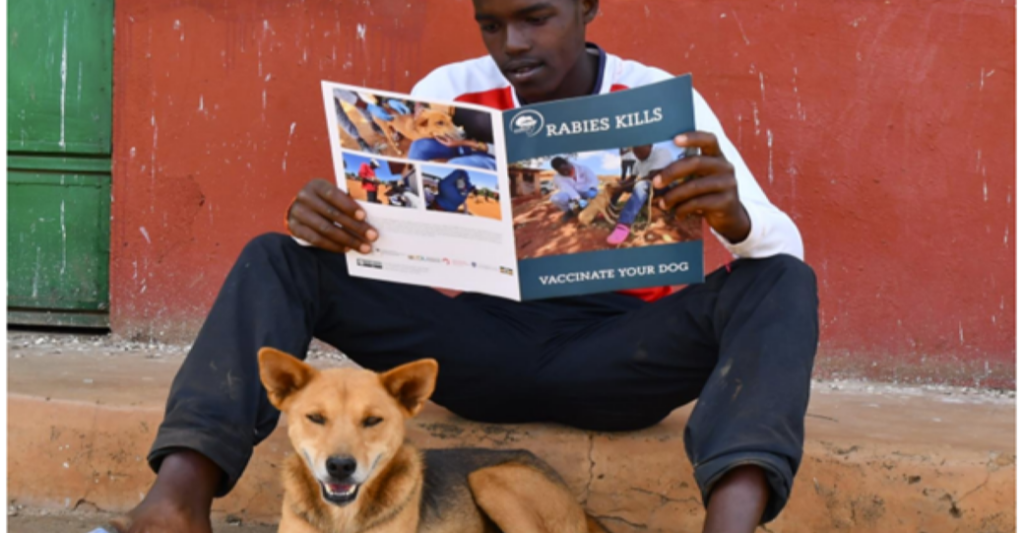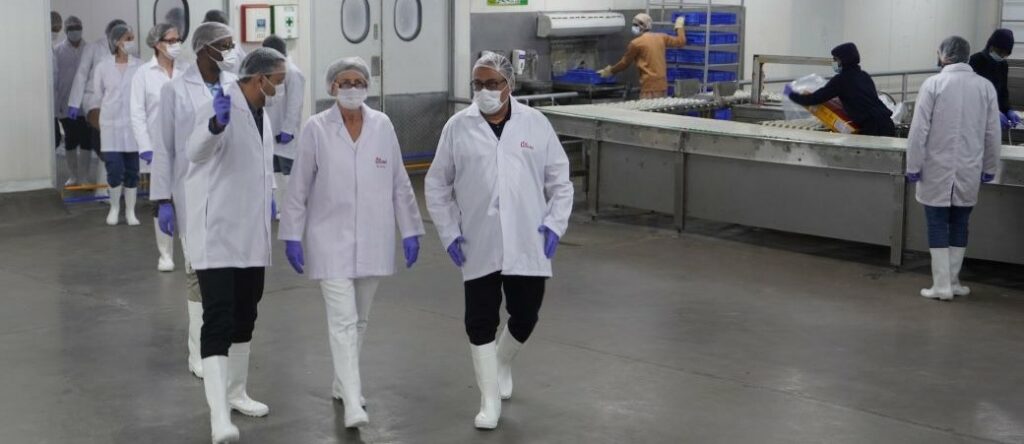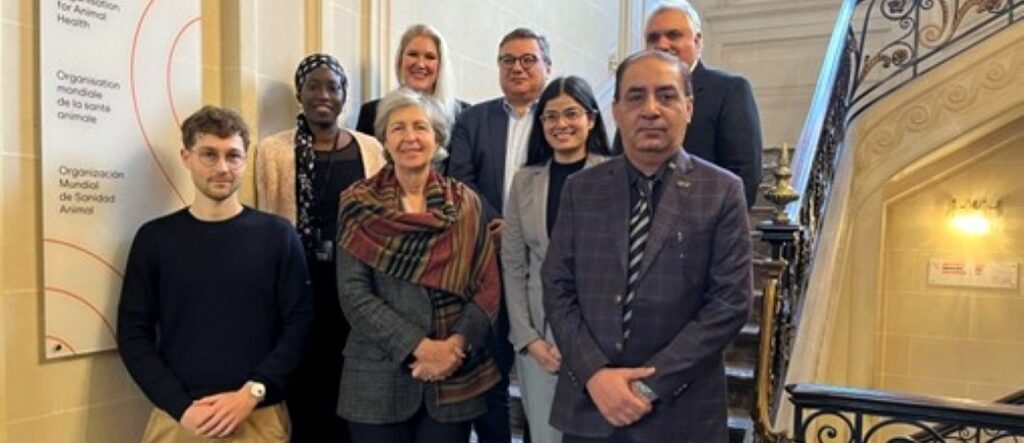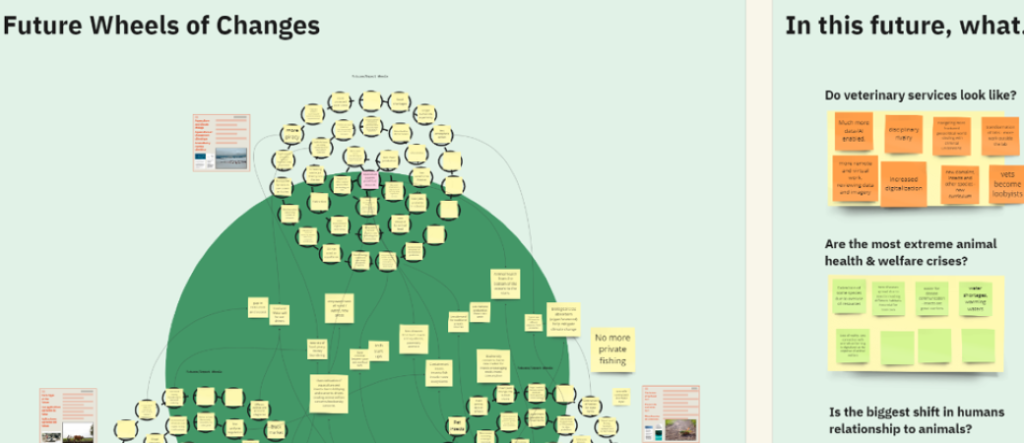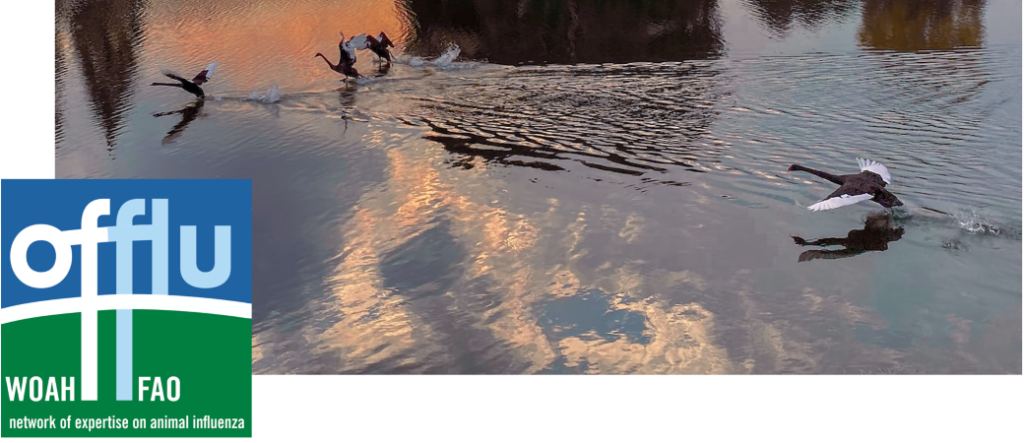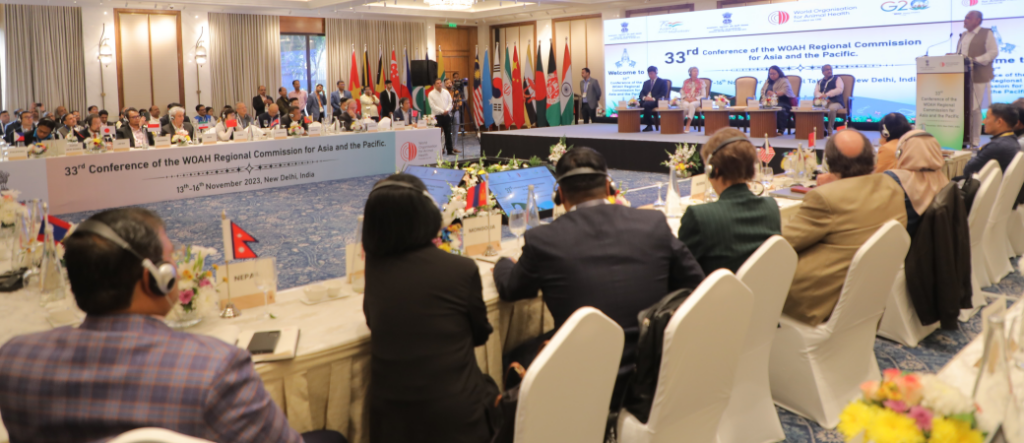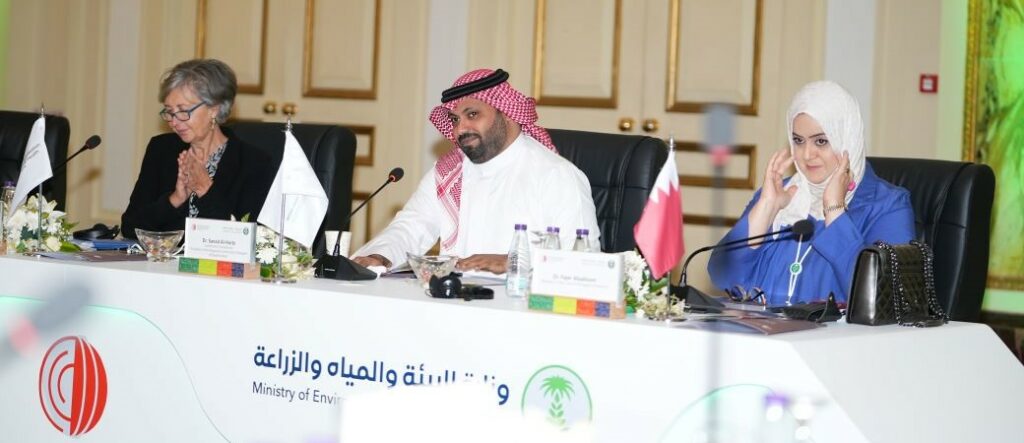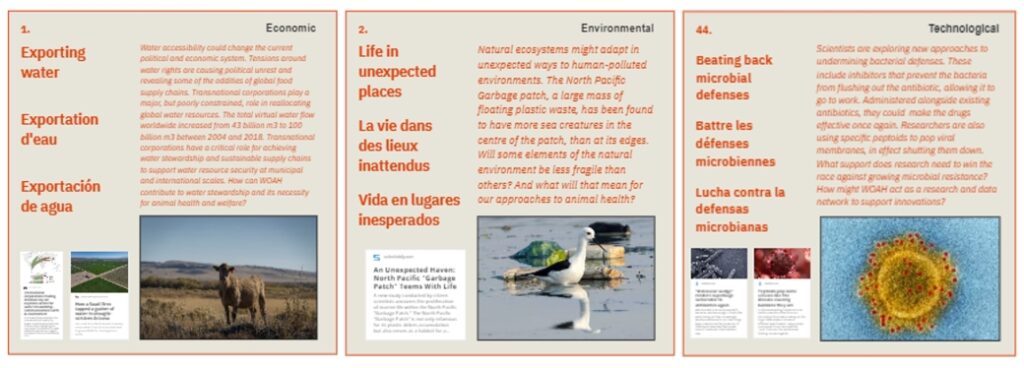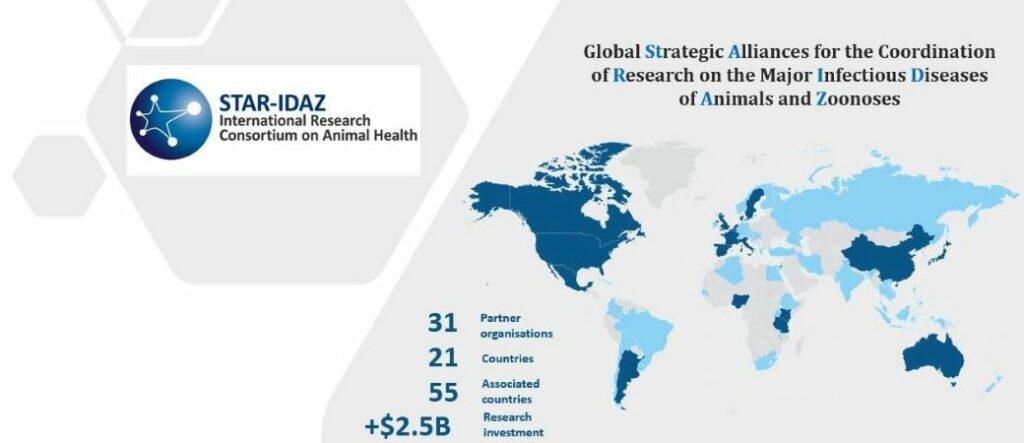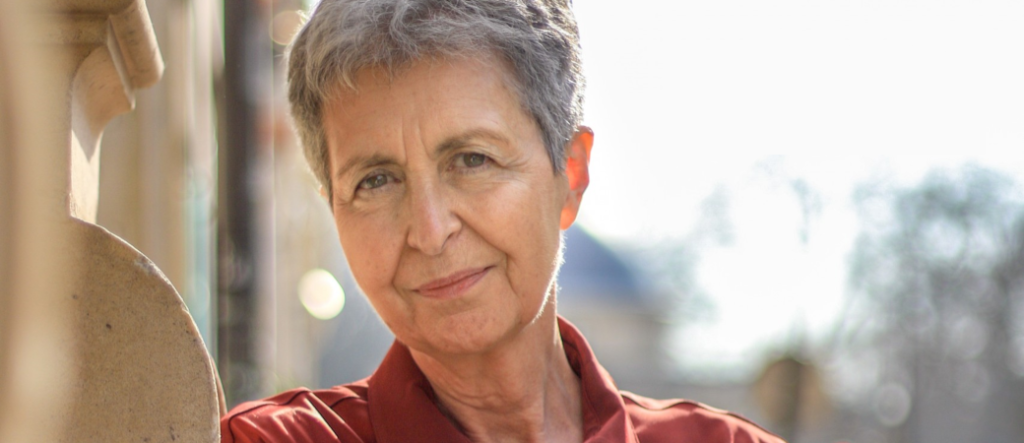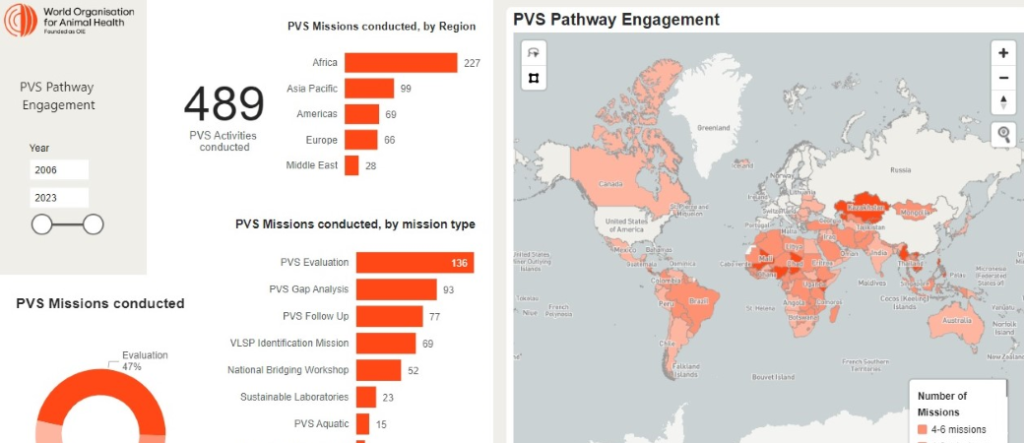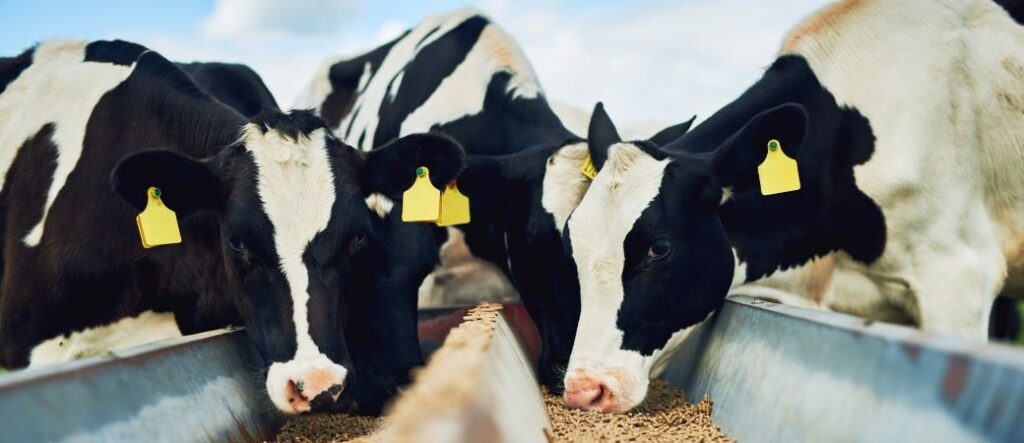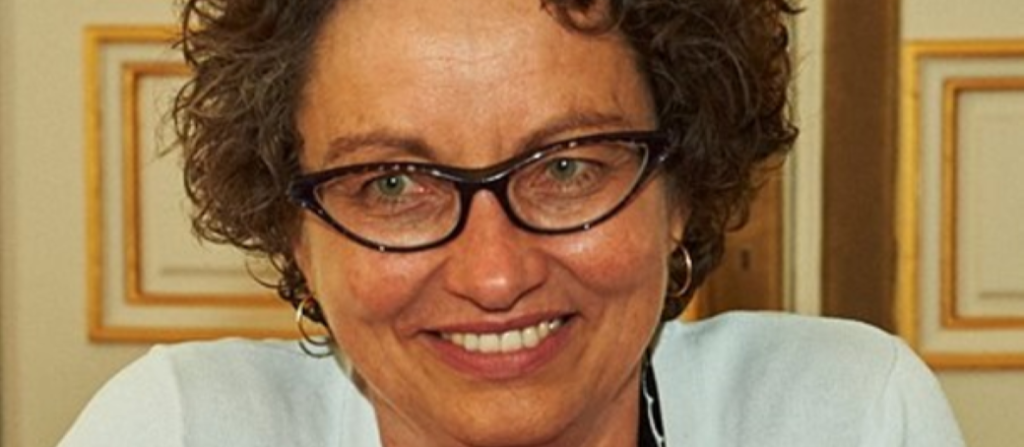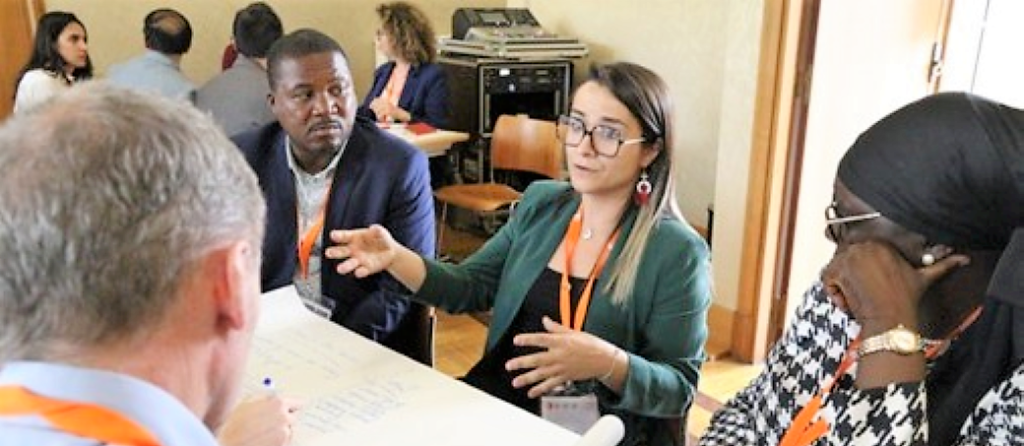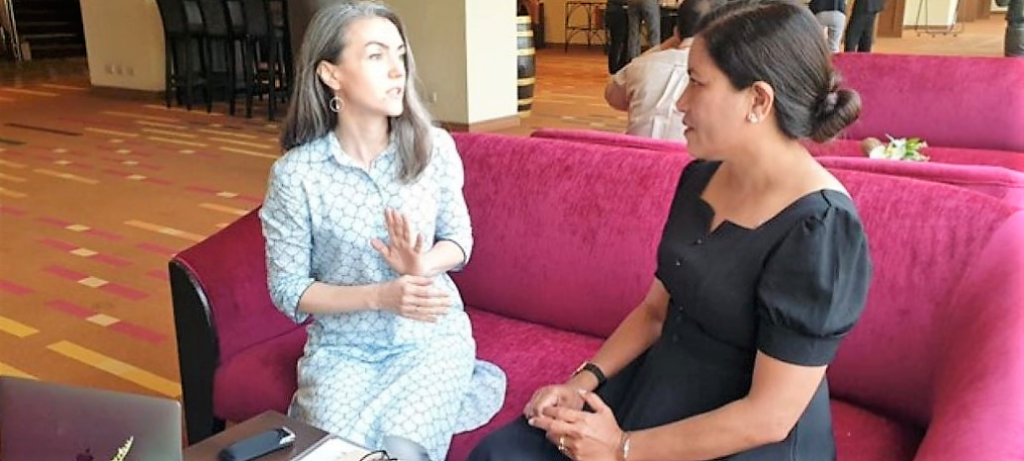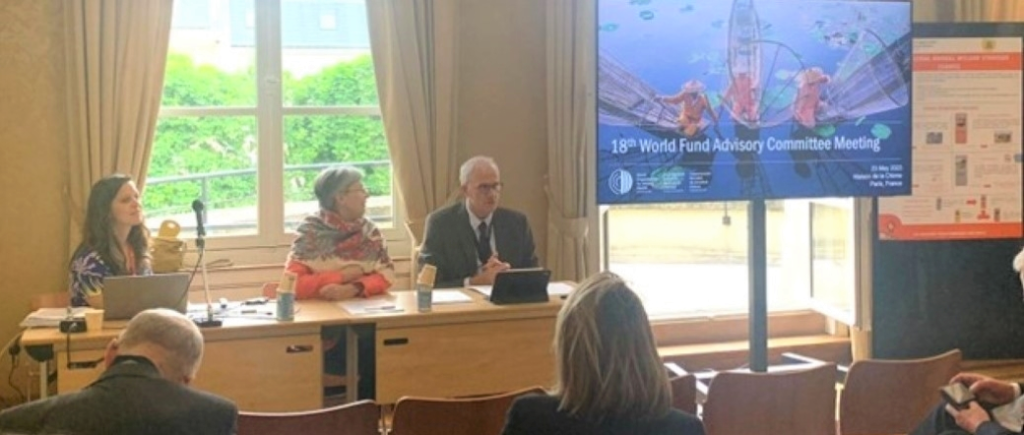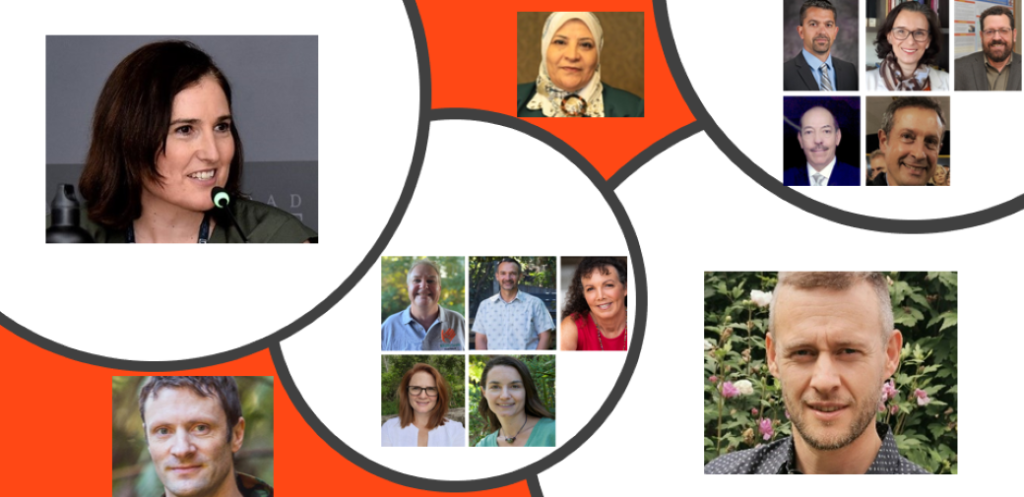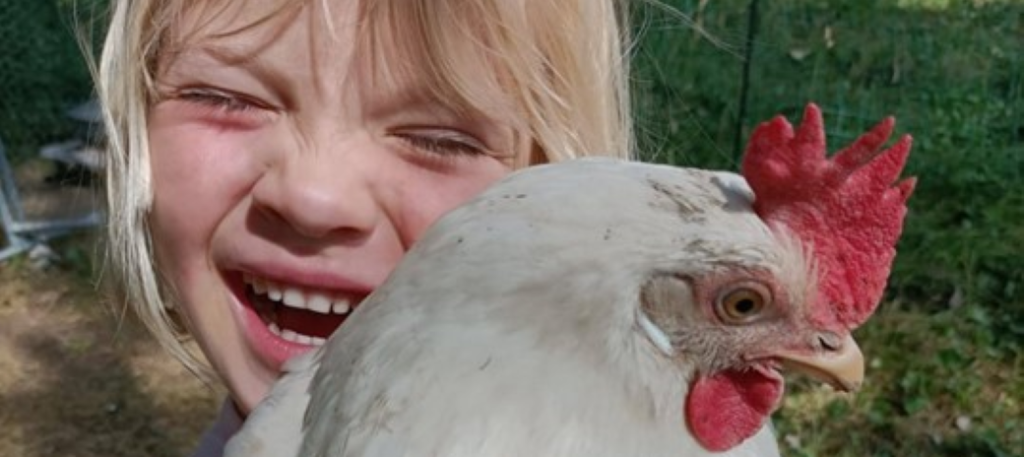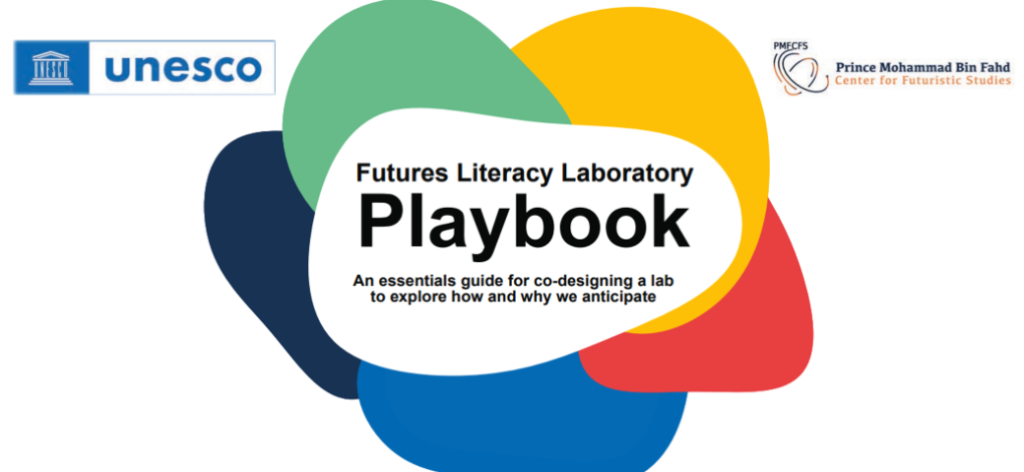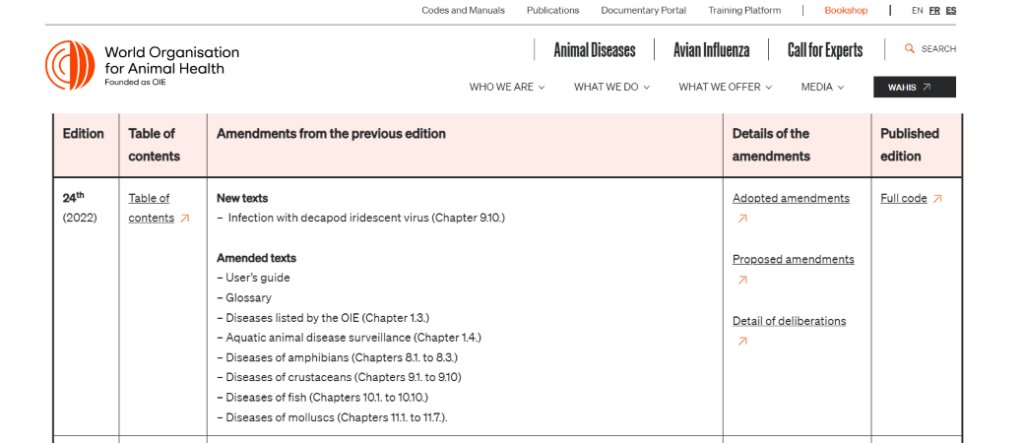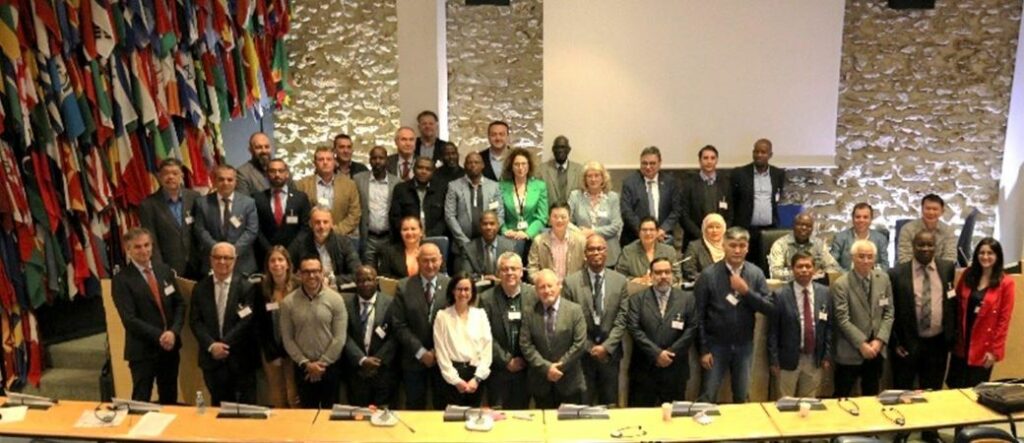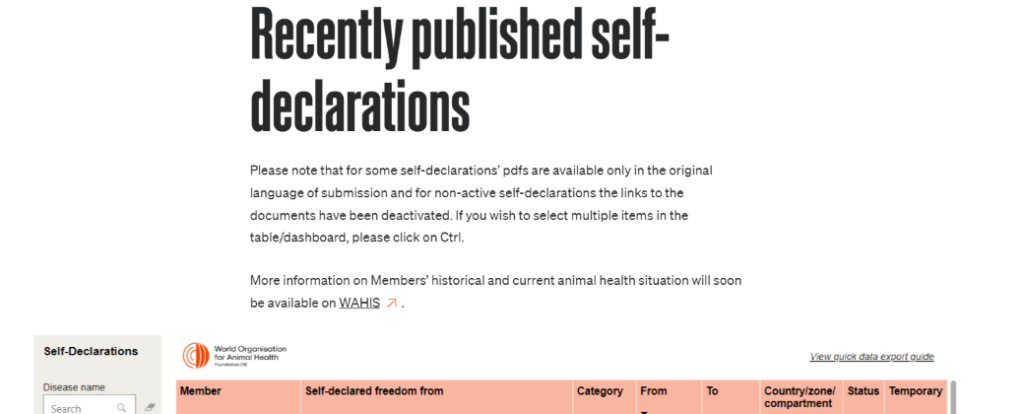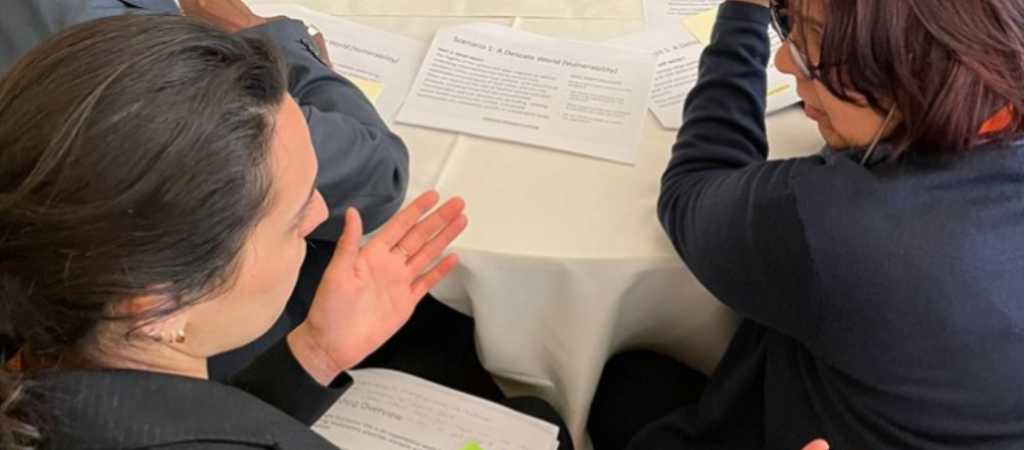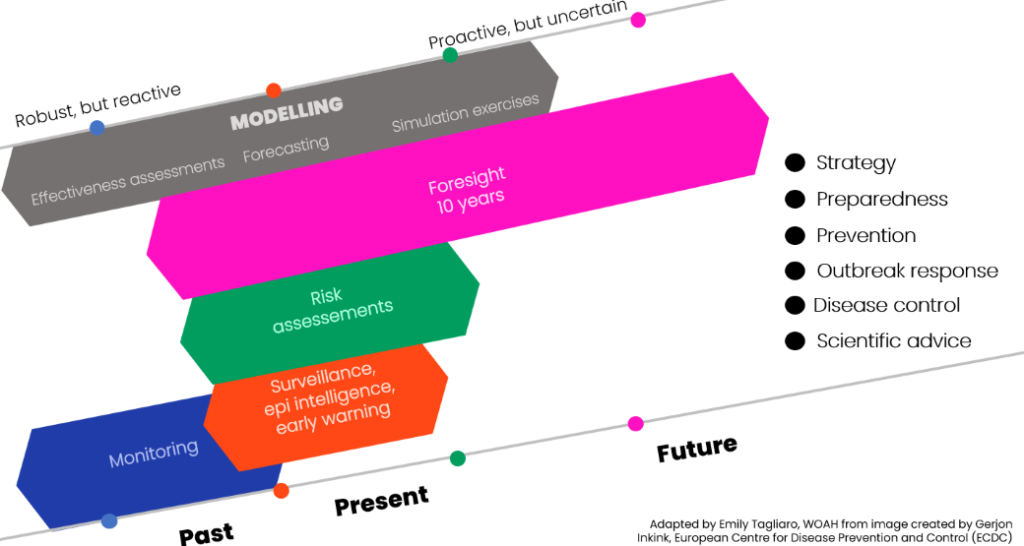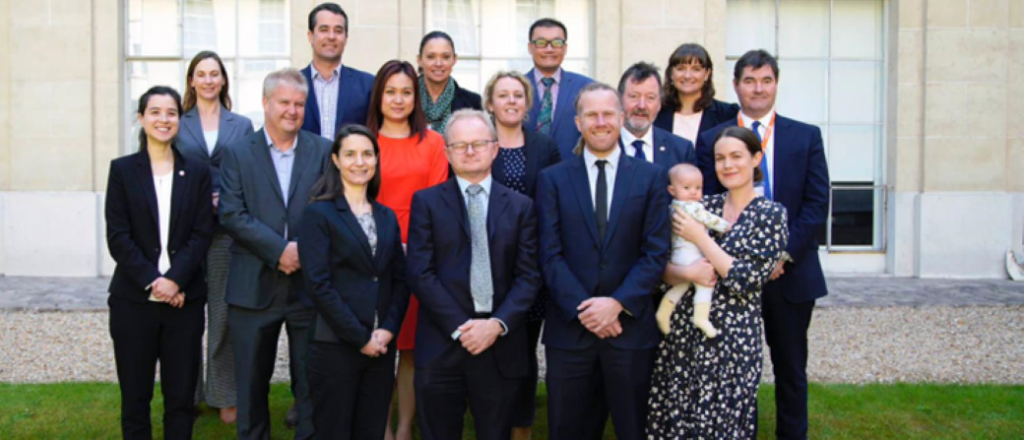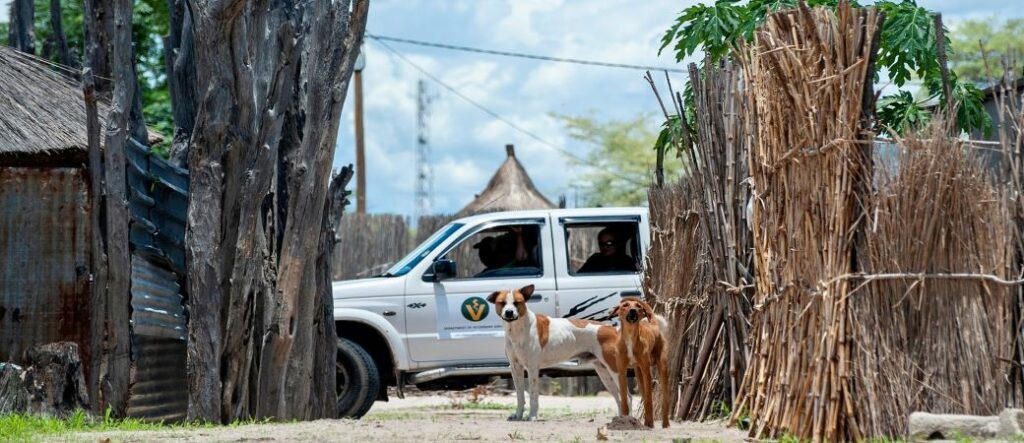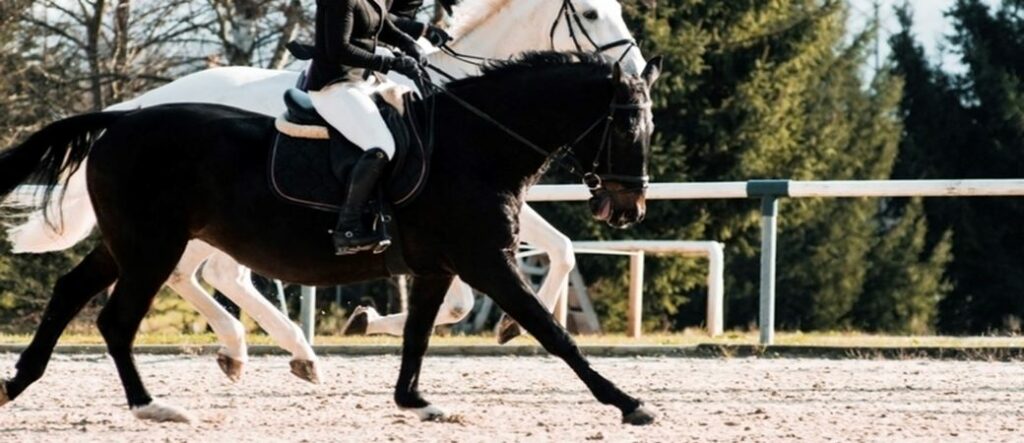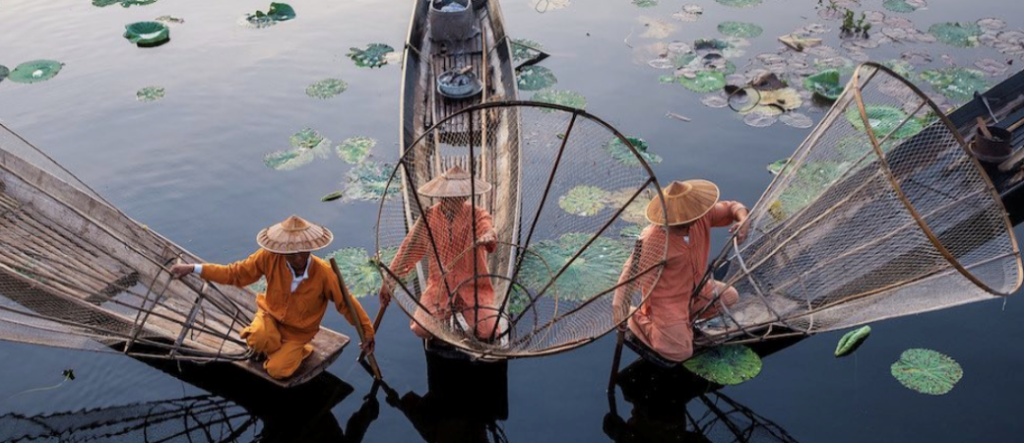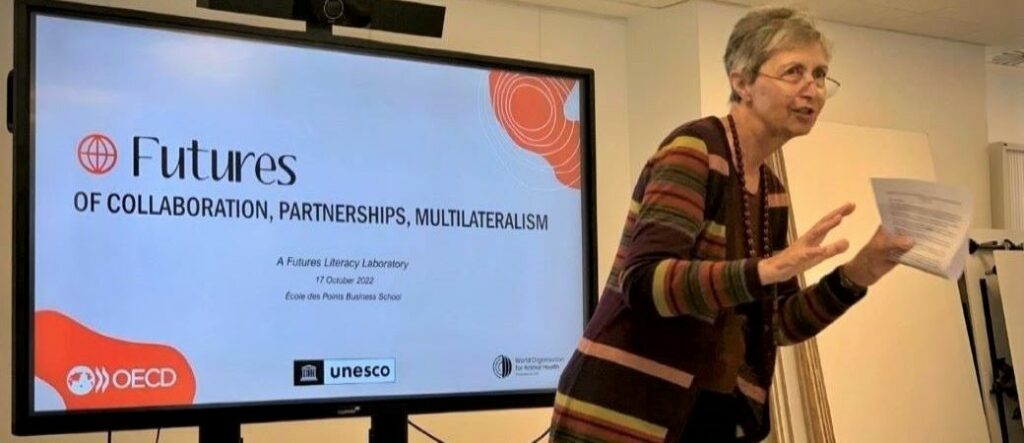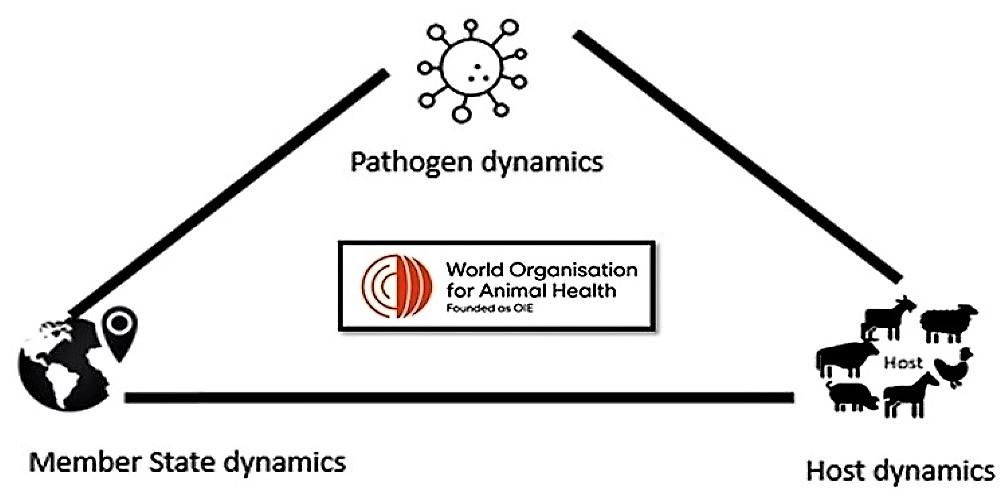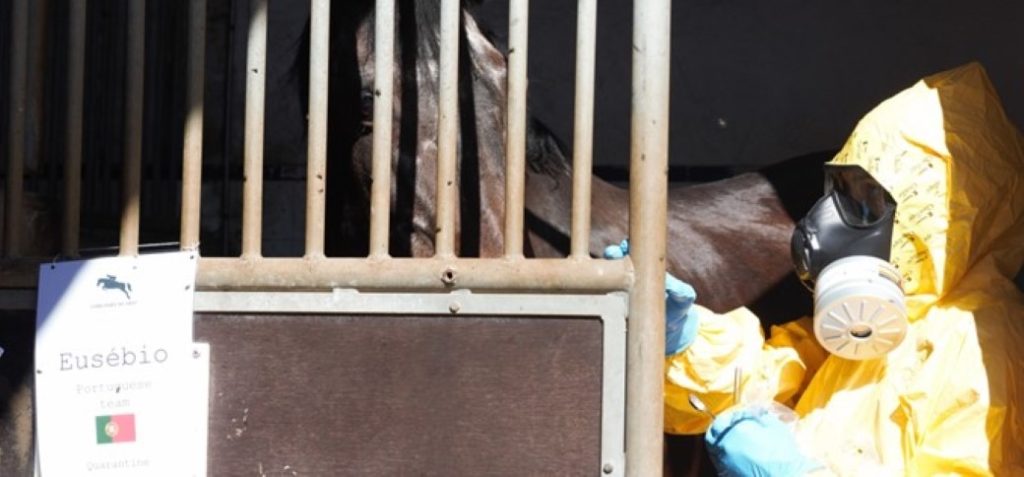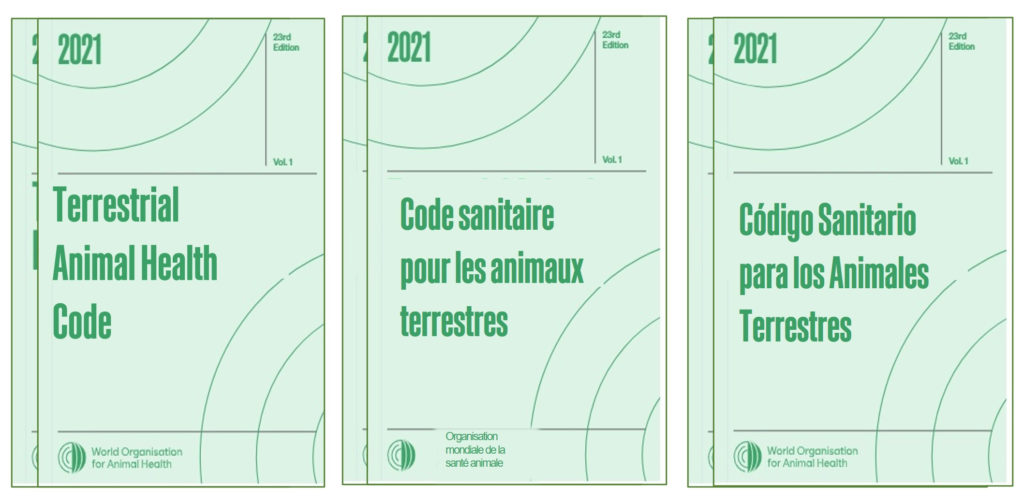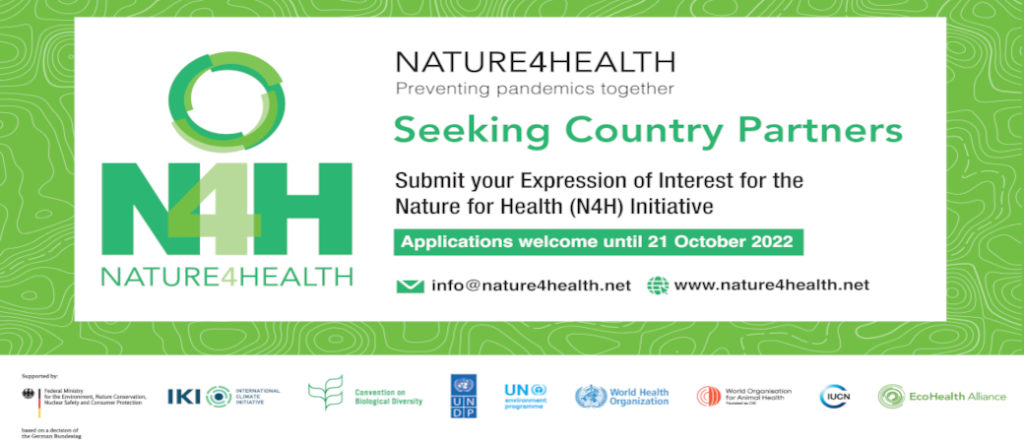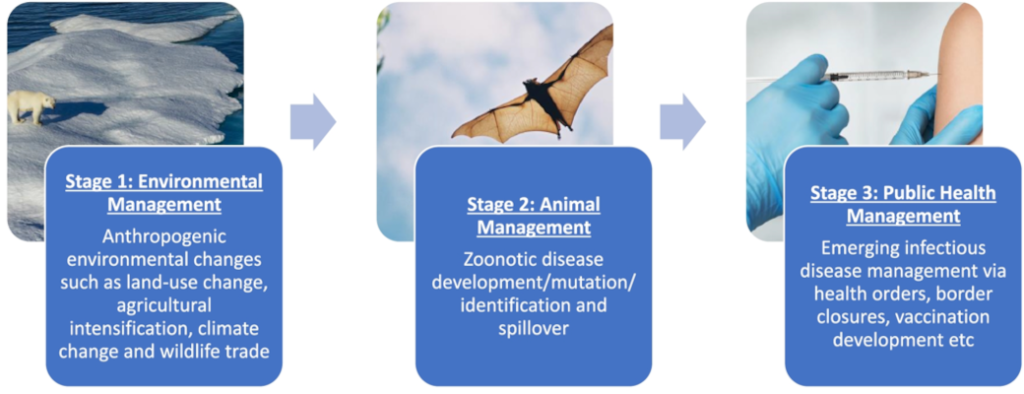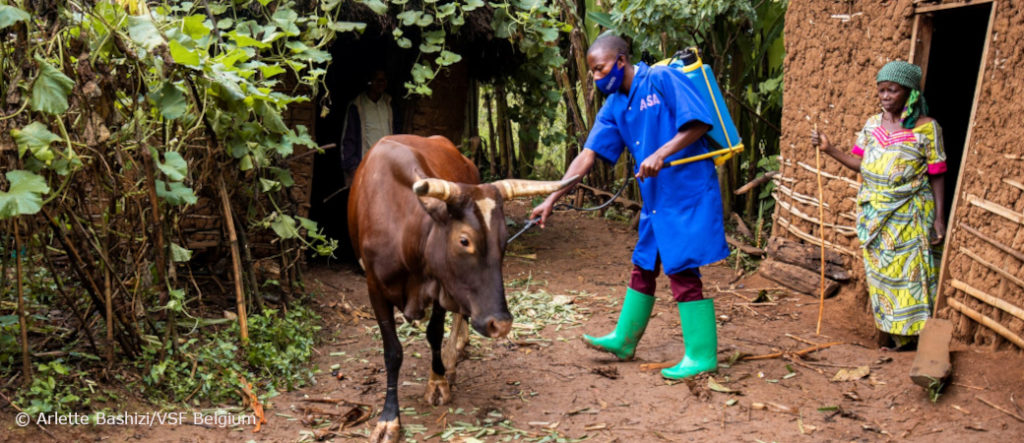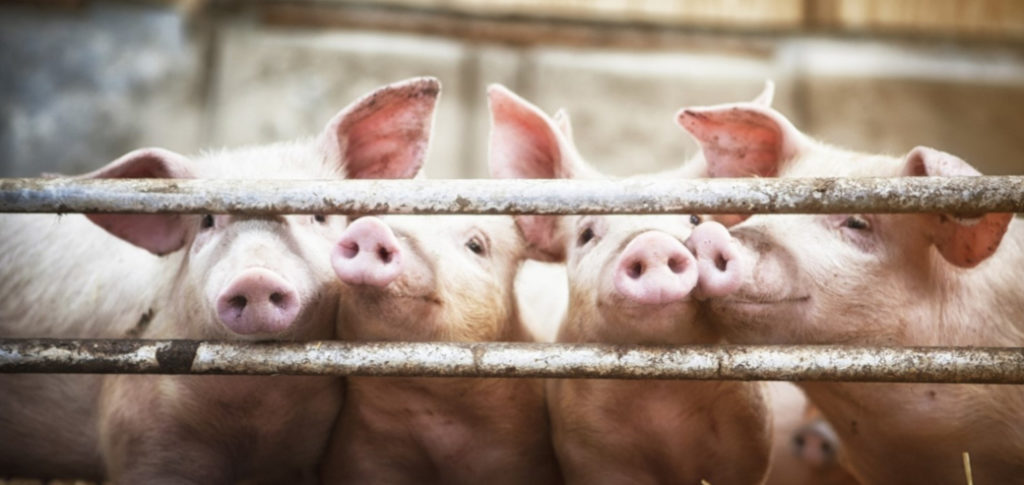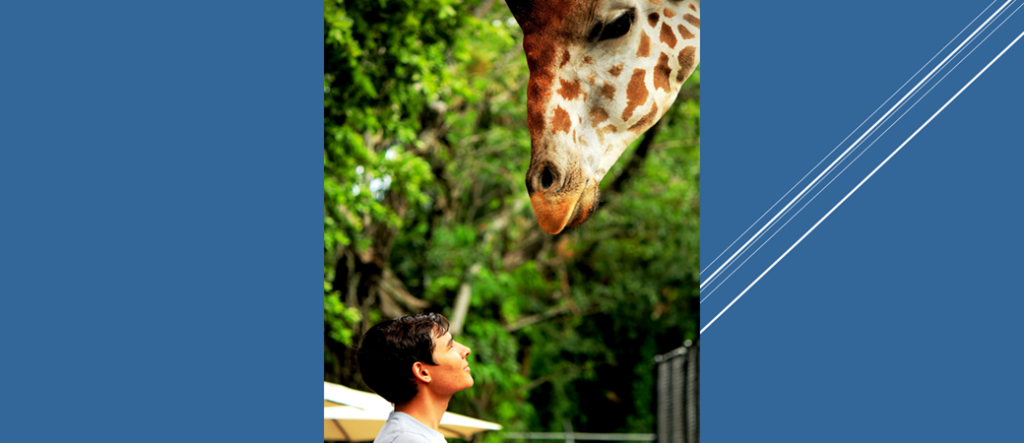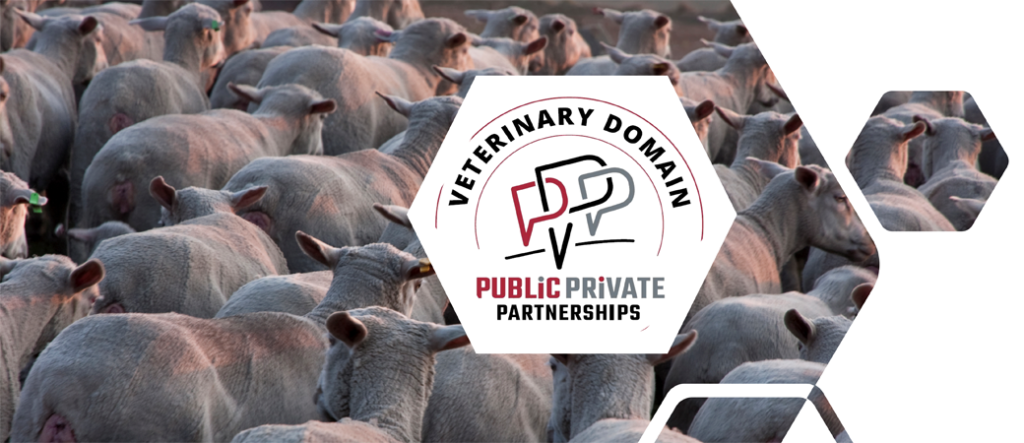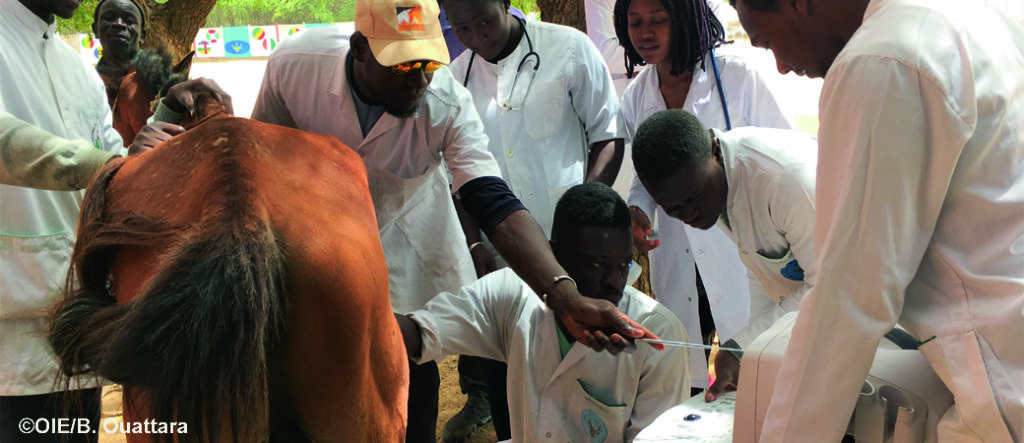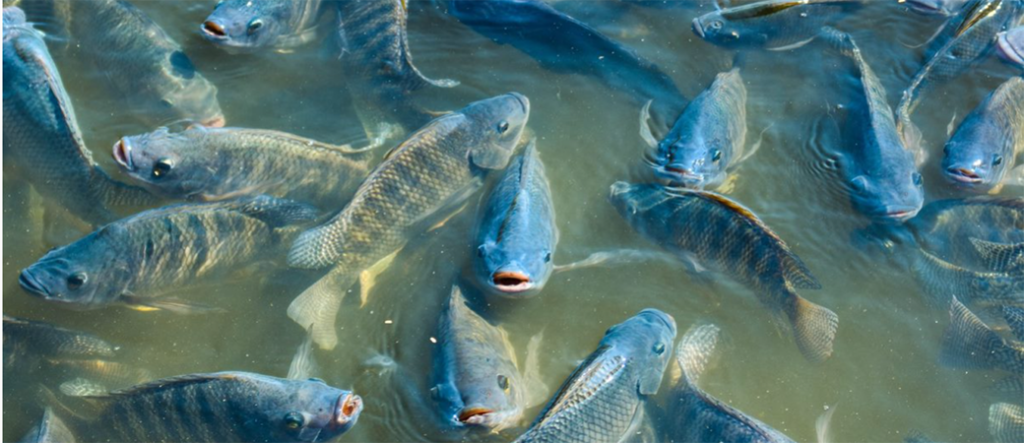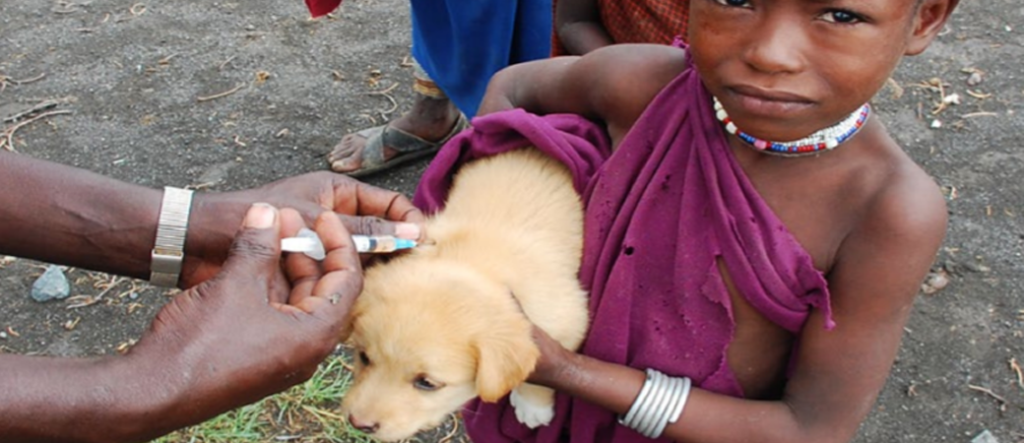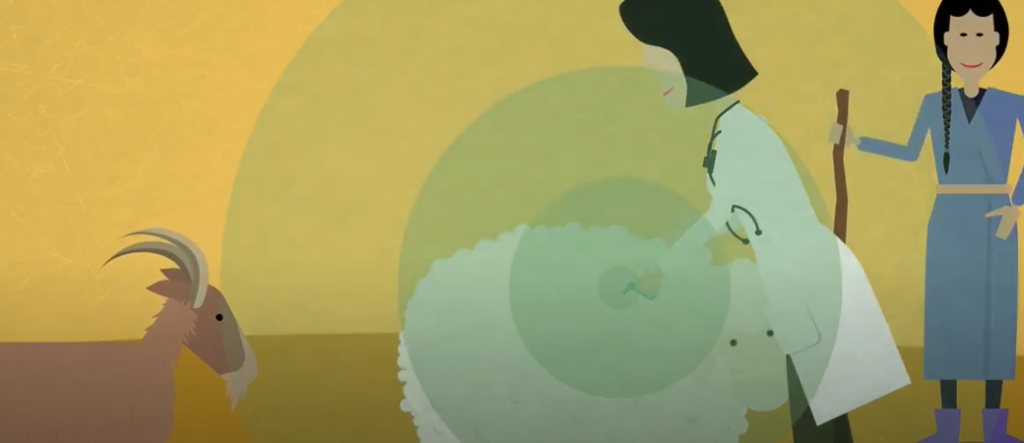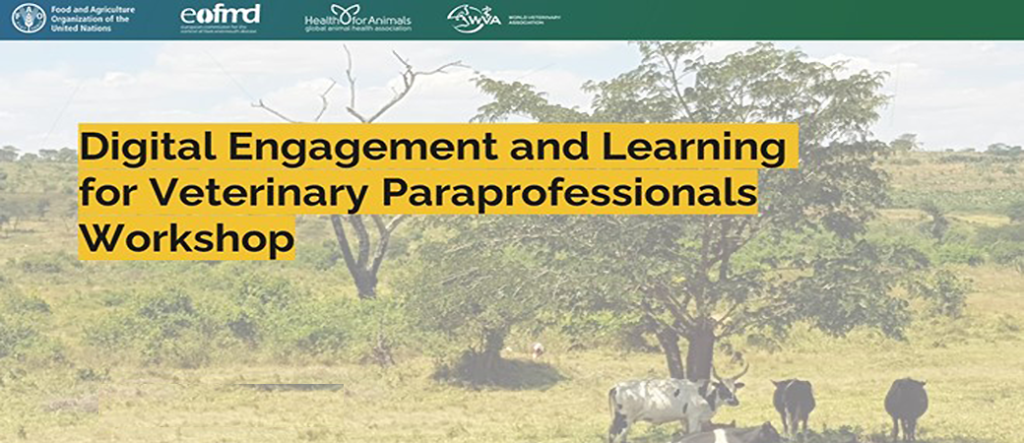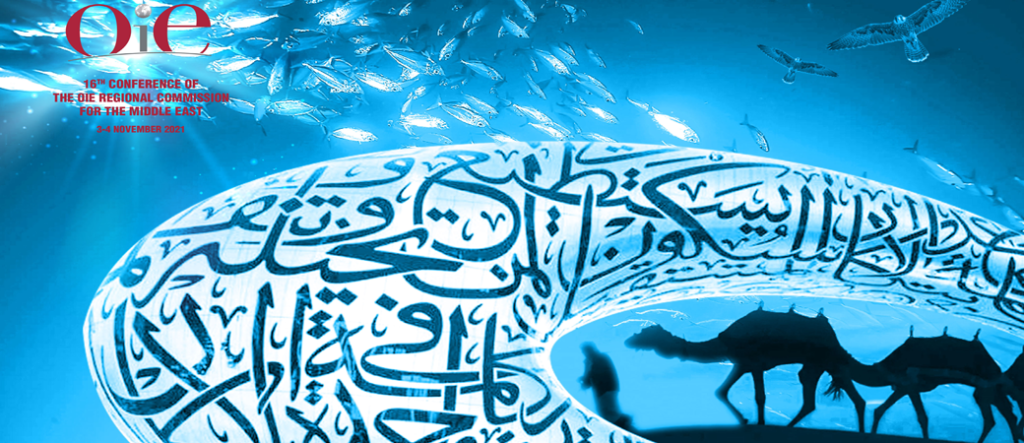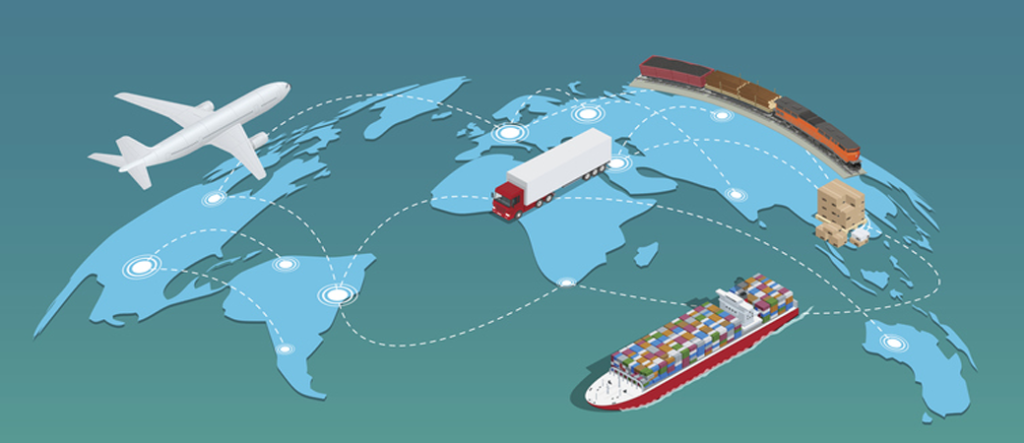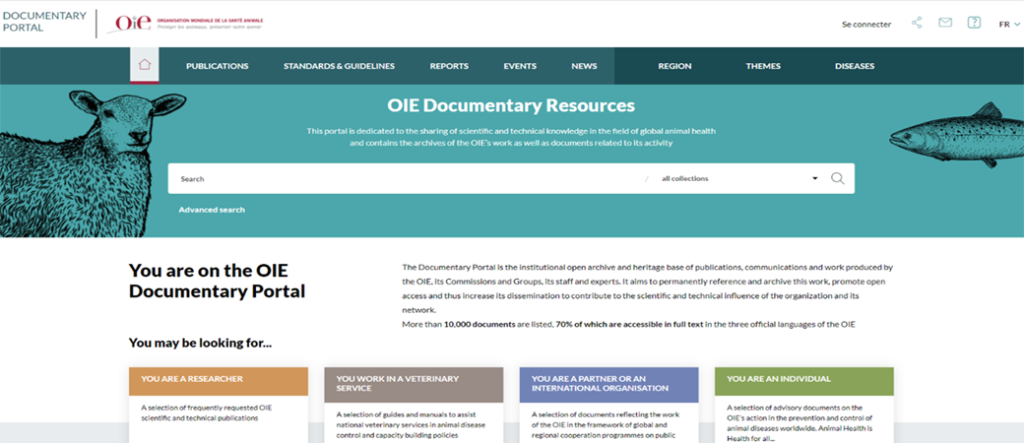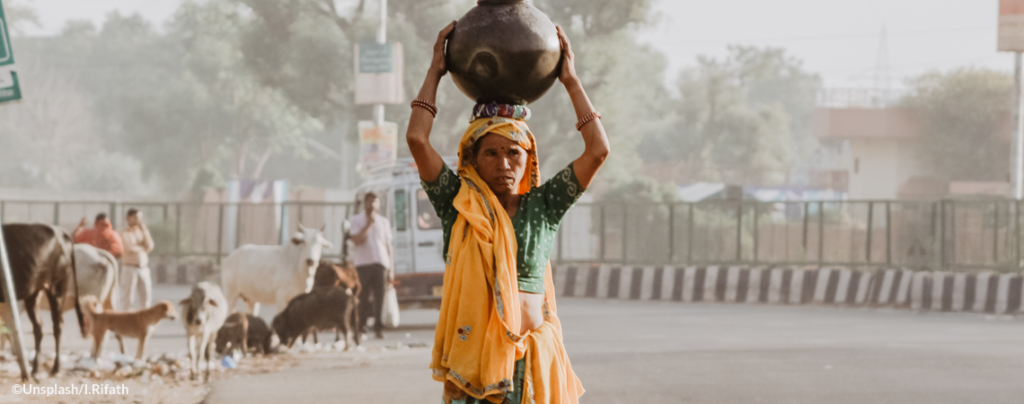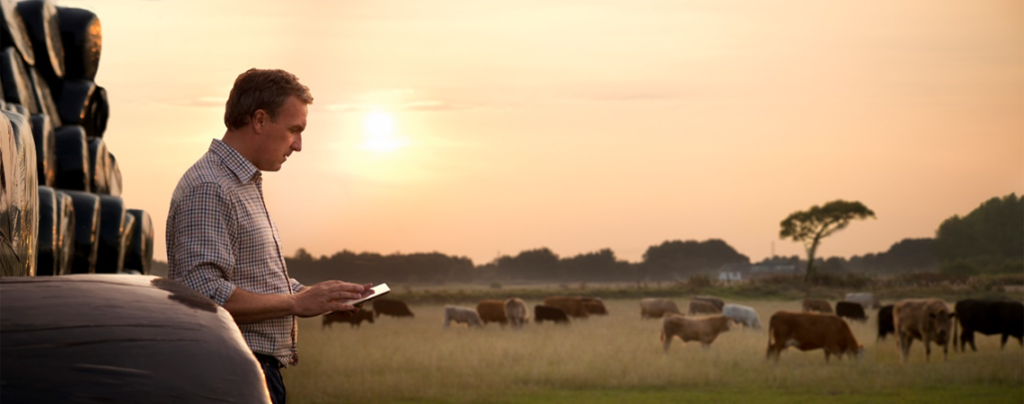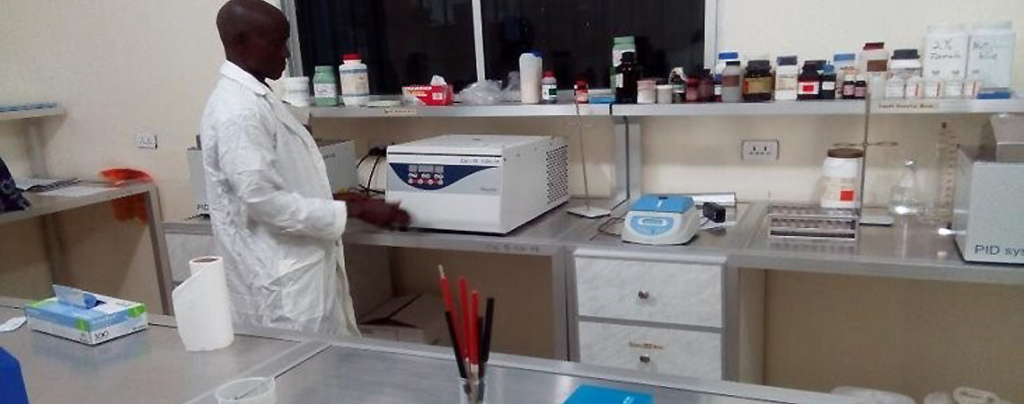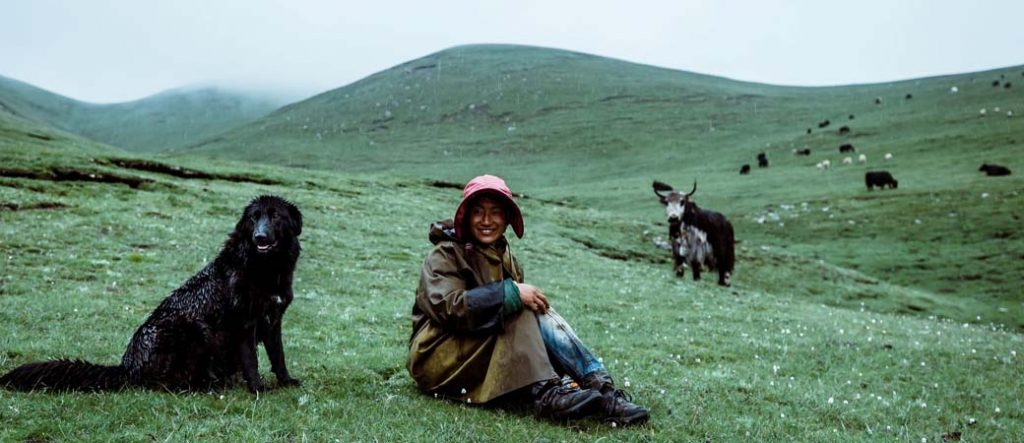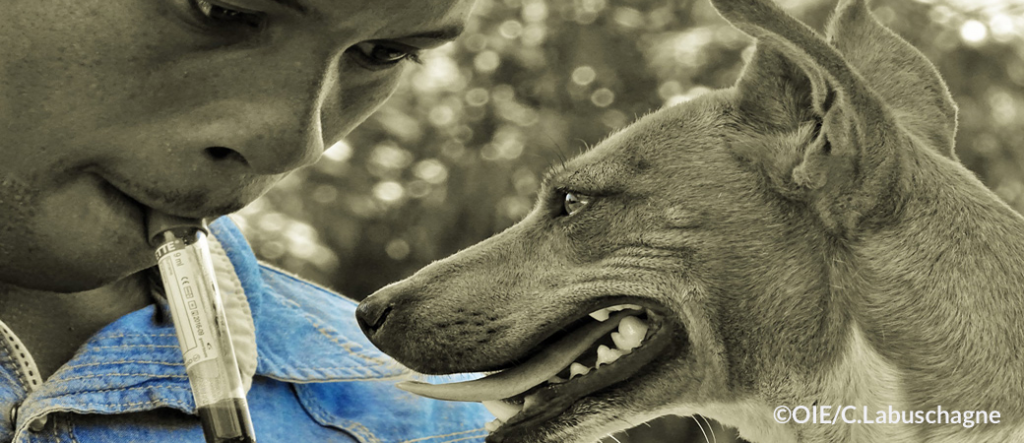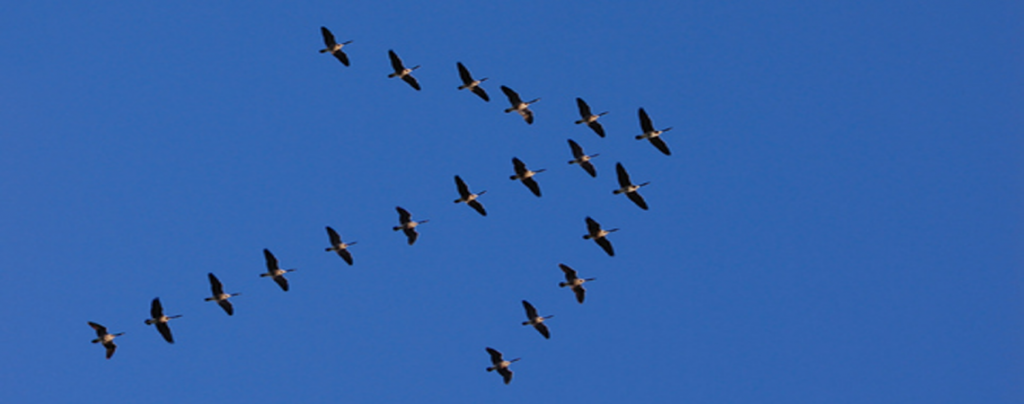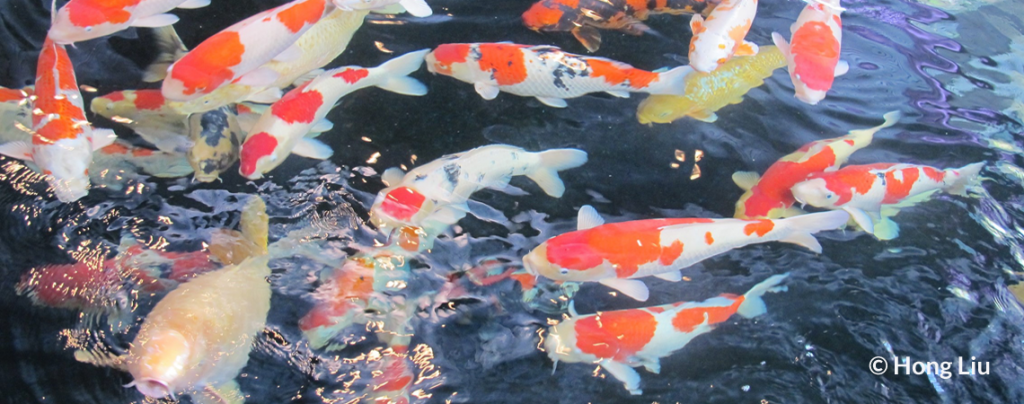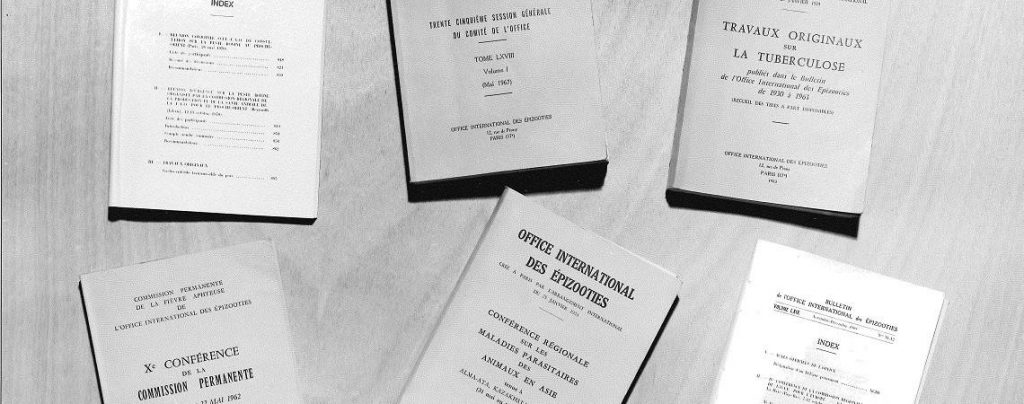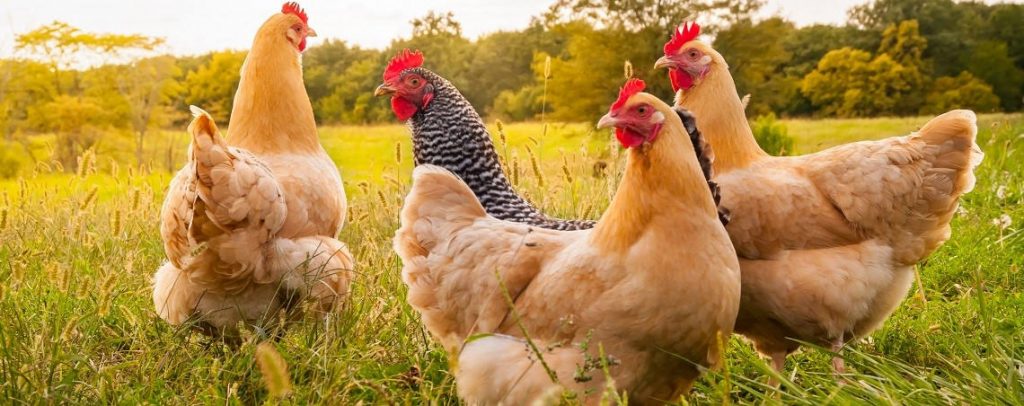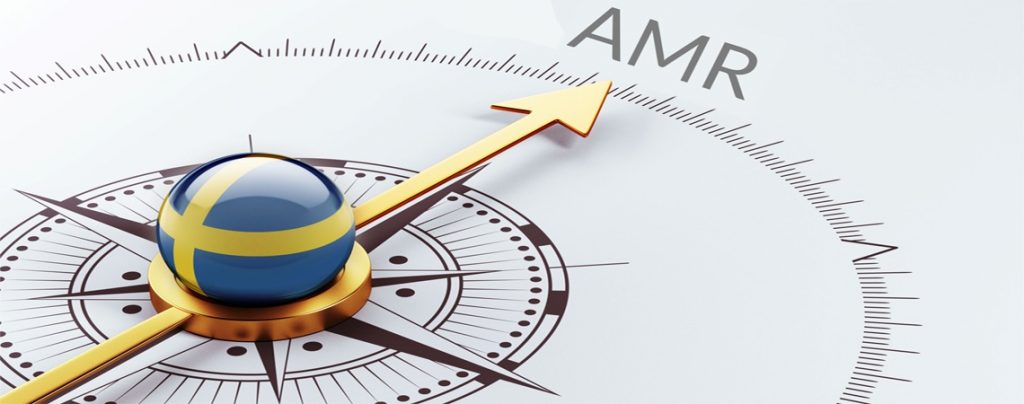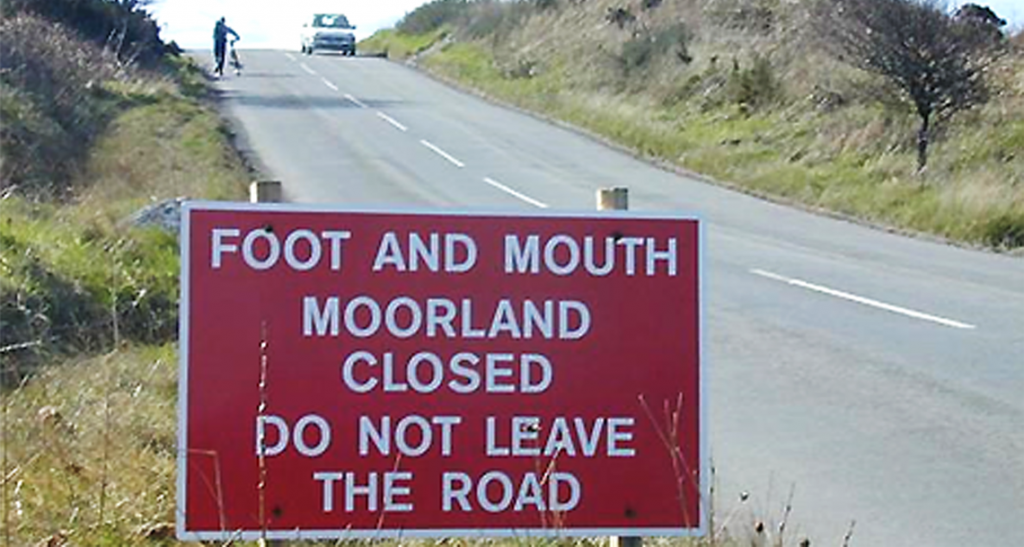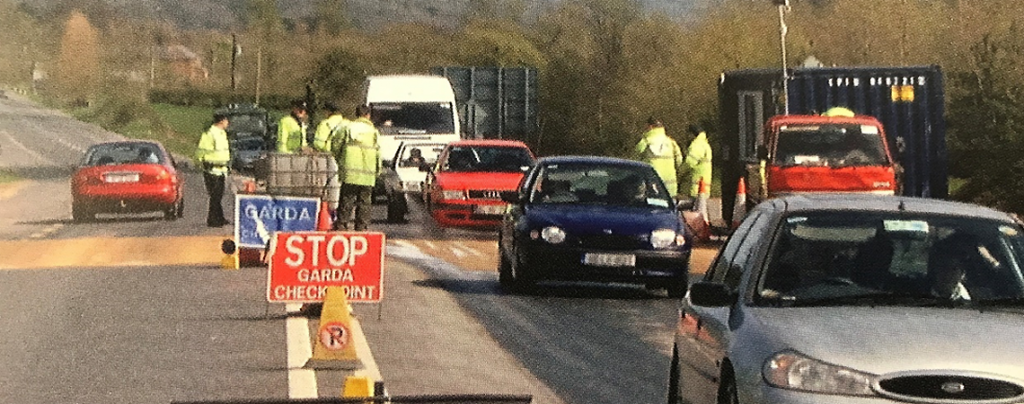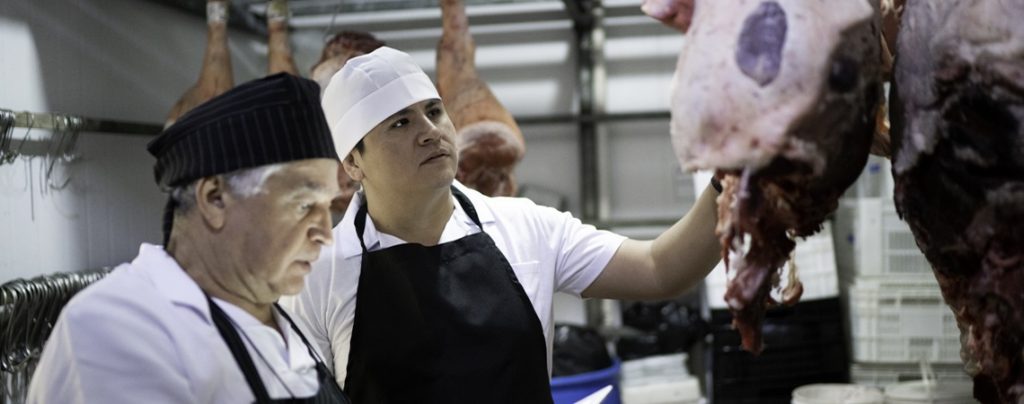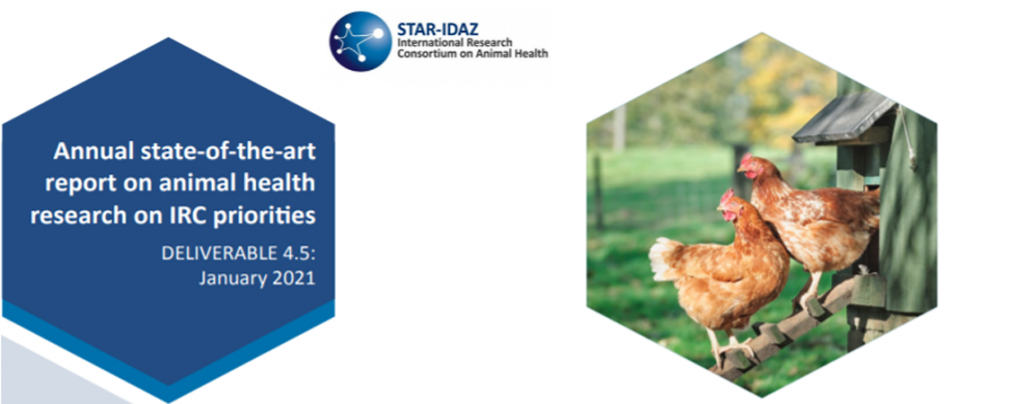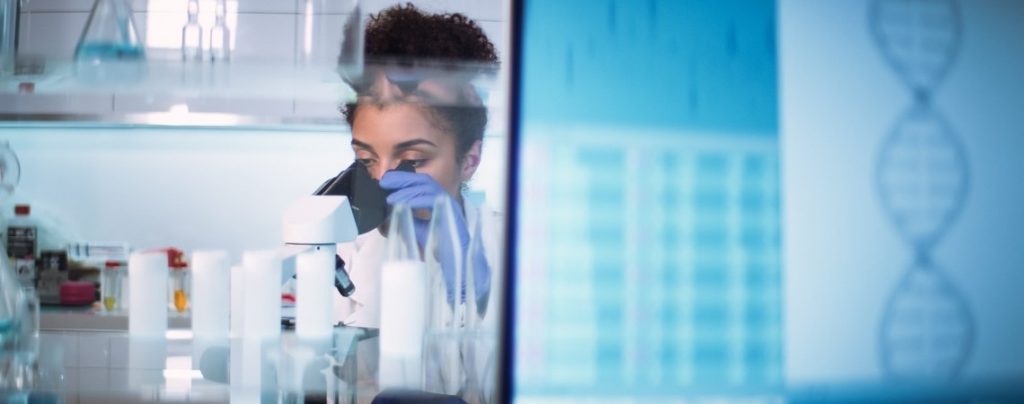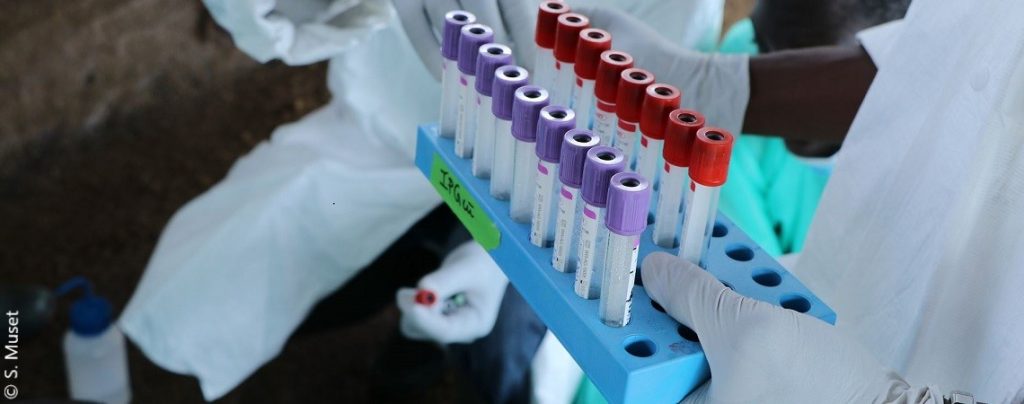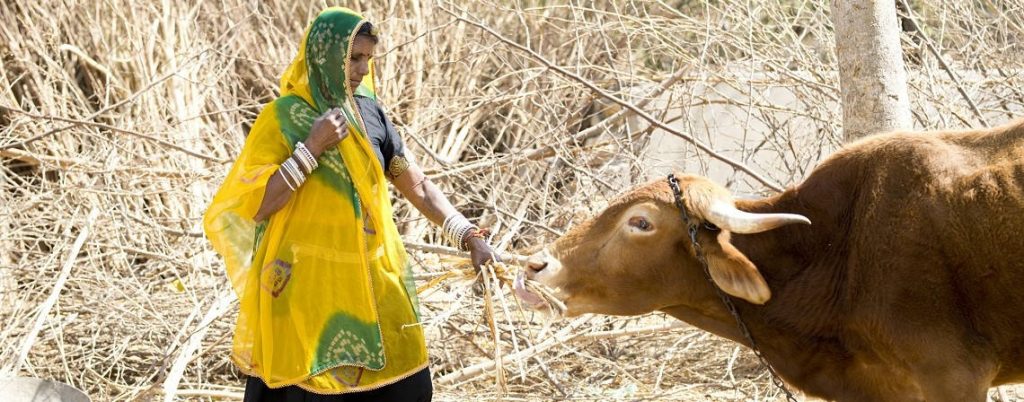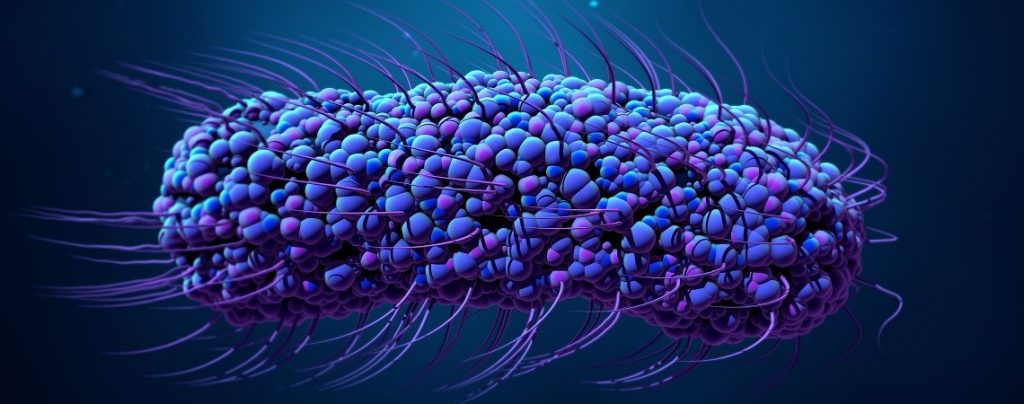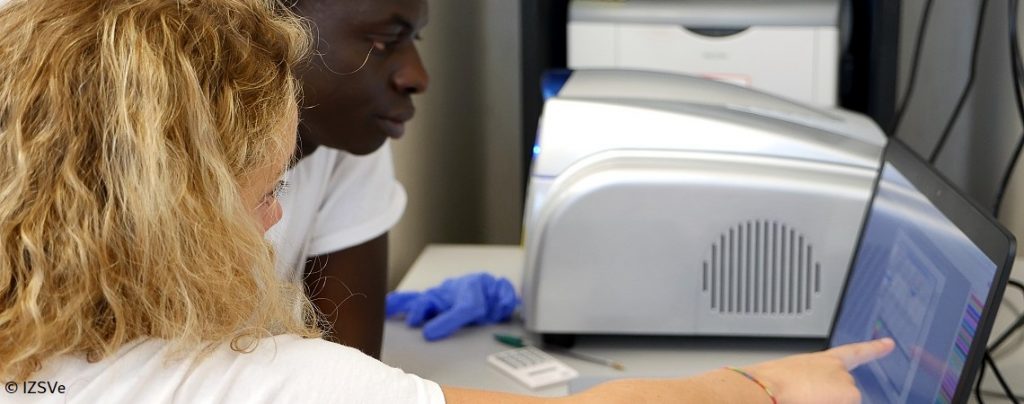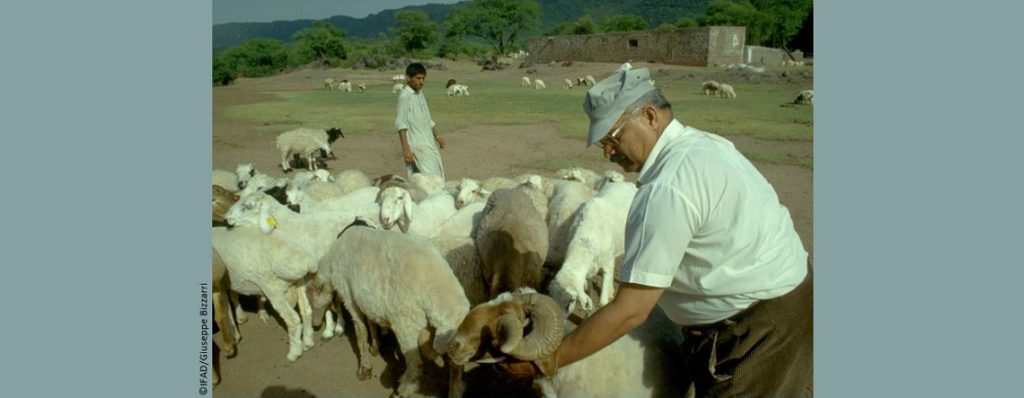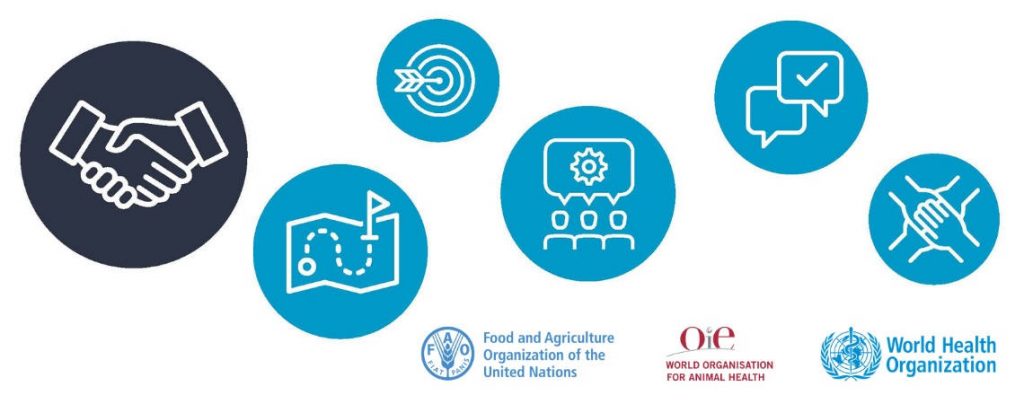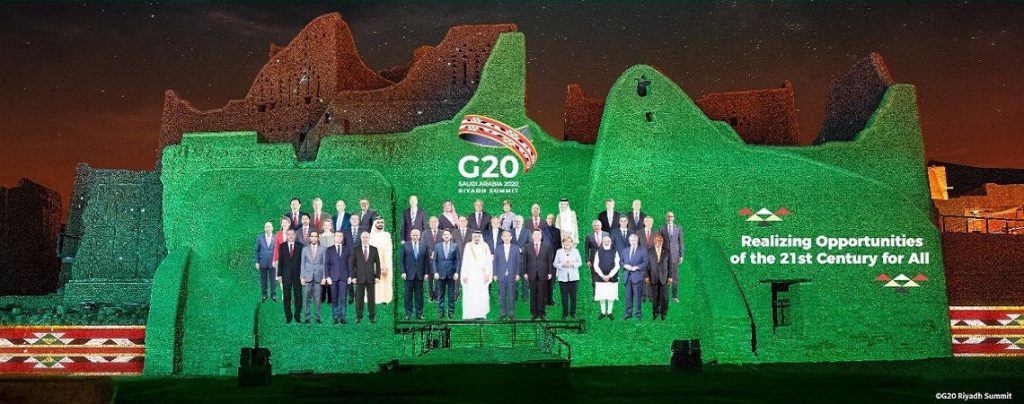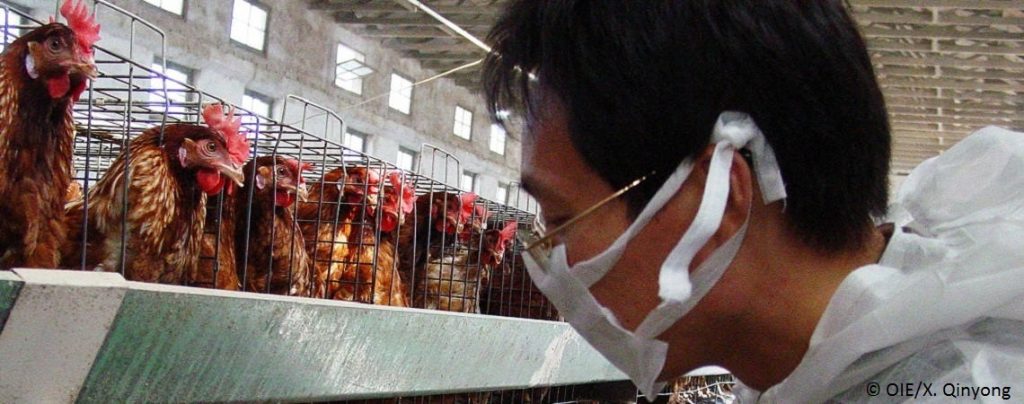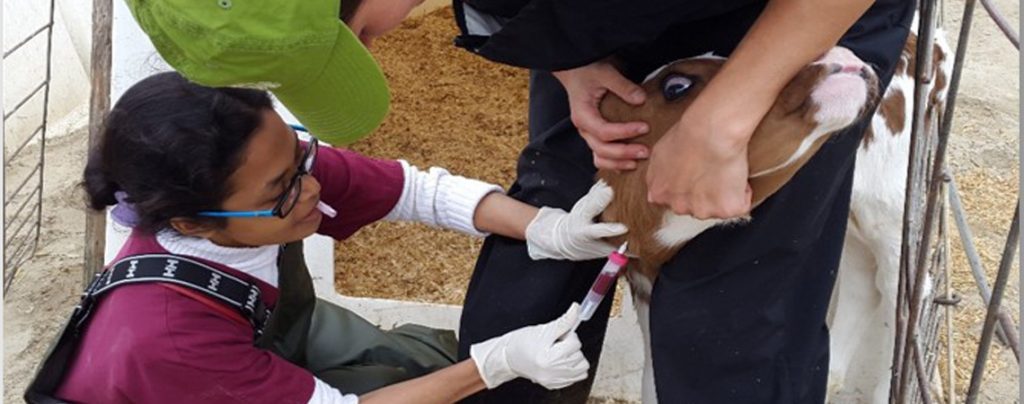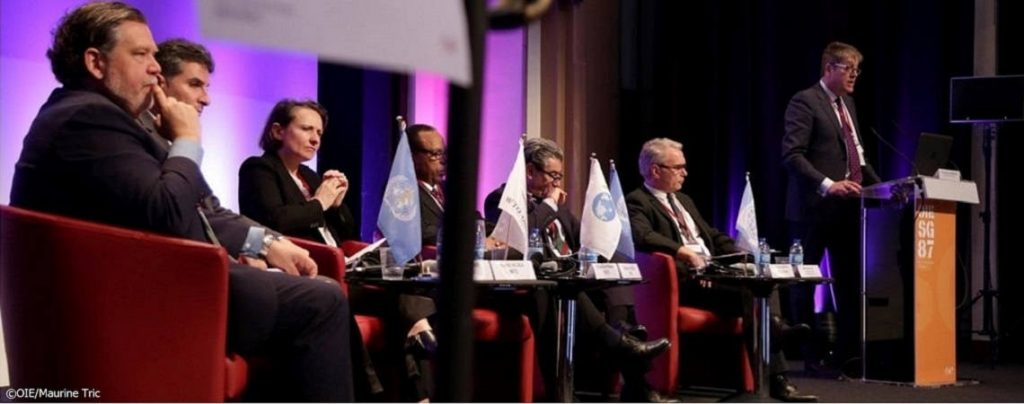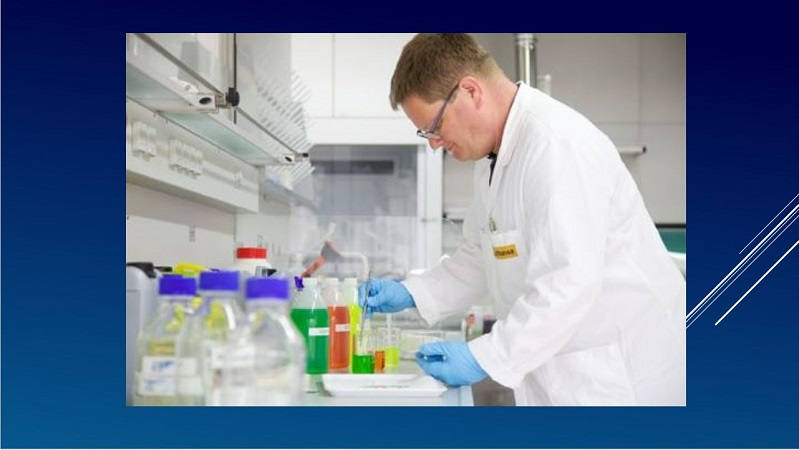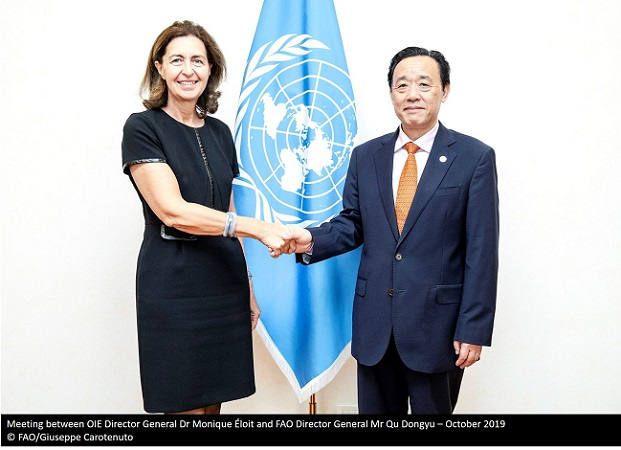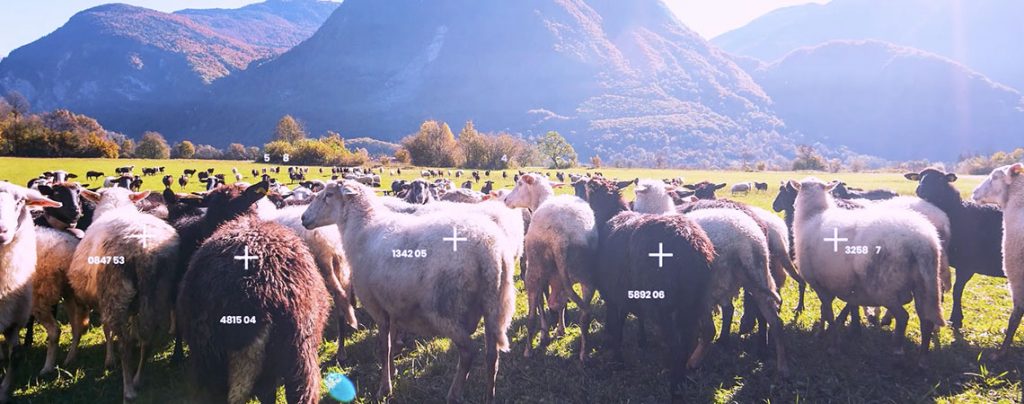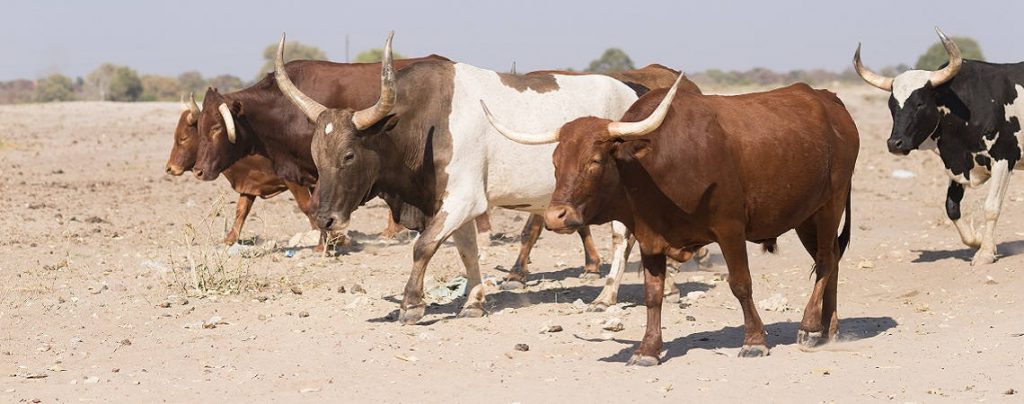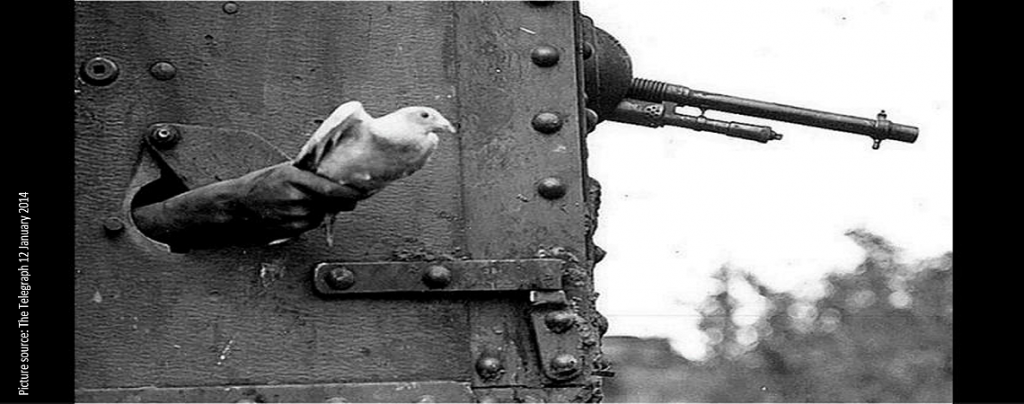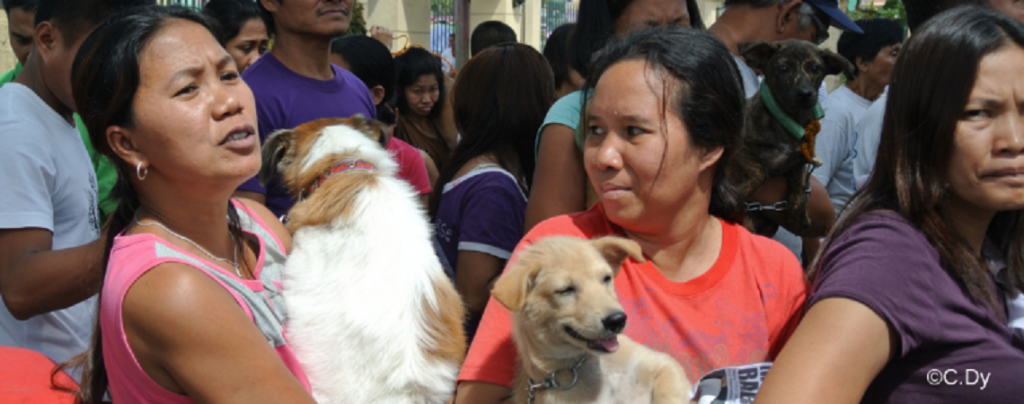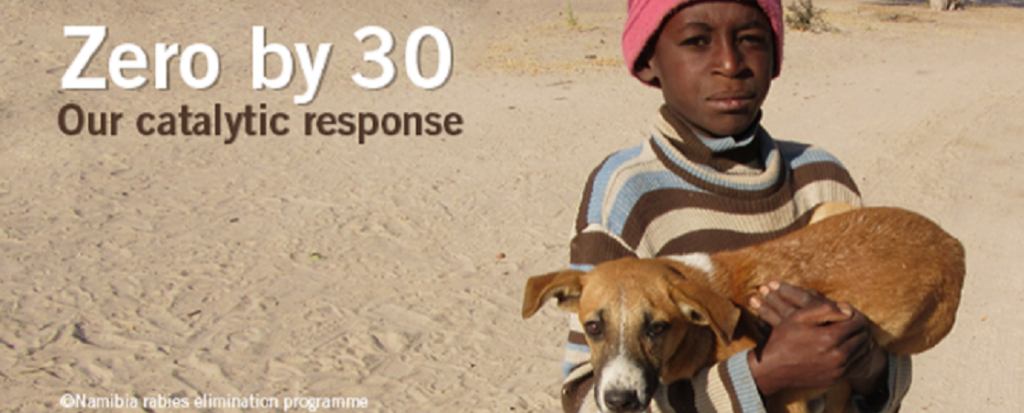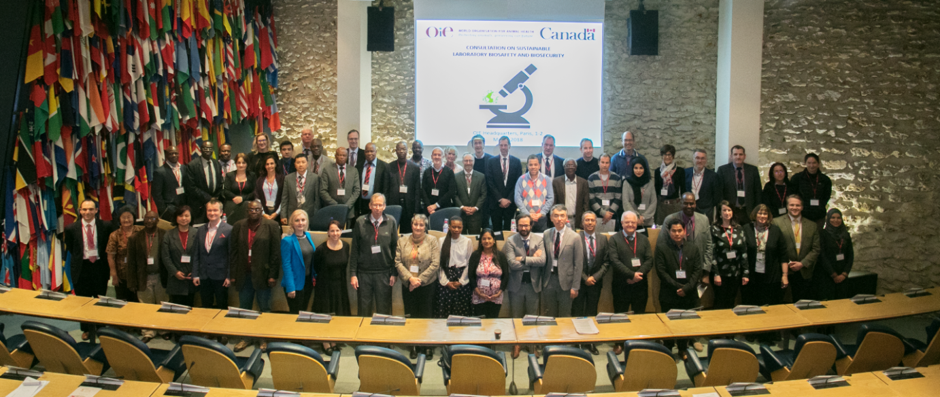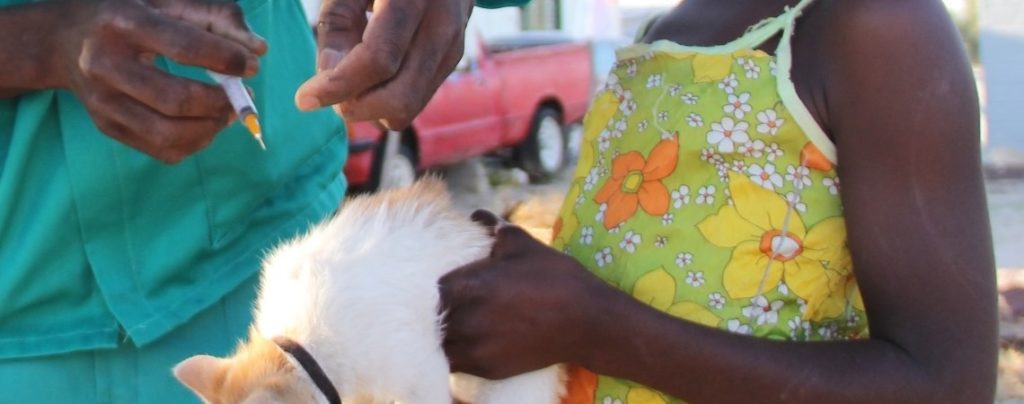CONTINUOUS INFORMATION Posted on 2022-05-02 22:57:38
Competent and well-equipped Veterinary Services in support of national health systems: the OIE contribution
Keywords
In 2021, the G20 leaders recognised the need to strengthen health systems and their governance, and called on countries to invest in health system workforces. Responding to this call, the OIE leads Veterinary Services to play their part.
Health dominated the G20 during the Italian Presidency and the final declaration of its G20 Leaders, the Rome Declaration, reflects the urgent need for global and collective action to strengthen health governance and pandemic prevention, preparedness and response.
The commitment to ‘pursue a One Health approach at global, regional, national and local levels’ of the G20 leaders is a significant recognition of the coordinating role of the Tripartite Plus*; the four constituent organisations of which have been entrusted with leading countries to ‘enhance global surveillance, early detection and early warning systems, and address risks emerging from the human-animal-environment interface, particularly the emergence of zoonotic diseases’.
The declaration also acknowledges ‘the importance of ensuring the continuity of health services beyond COVID-19 and of strengthening national health systems’ and engages countries to update and reinforce ‘public health workforce operation standards through enhanced health curricula and training materials’.
How is the OIE supporting its Members to fulfil these commitments?
Strengthening health systems and the health workforce are two important pillars of the OIE capacity-building programme and now more than ever the Organisation is encouraging its Members to advocate for Veterinary Services to exercise their leadership at national and regional levels: recognising their role in the protection of One Health as well as the importance of animal health management are fundamental in pandemic prevention and preparedness, Veterinary Services being critical components of the health workforce and One Health resilience.
The OIE capacity-building programme – which includes the Performance of Veterinary Services Pathway (PVS Pathway) and the Platform for the Training of the Veterinary Services – provides a combination of services that, if well used, allow Veterinary Services to strengthen their competencies to better fulfil their mandate and advocate their role. While the PVS evaluation is a starting point from which to obtain a deeper gap analysis customised to country priorities (pandemic prevention and control certainly being top priorities for all Veterinary Services) and a coherent and consistent strategic plan, PVS-targeted support guides Members in developing joint collaborative capacities (national bridging workshops); reviewing and developing legislation (Veterinary Legislation Support Programme); improving the capacities of their workforces, including laboratories; and enabling public-private partnerships (targeted support). In parallel, the OIE Training Platform provides learning opportunities for Veterinary Service staff, as well as for national authorities, stakeholders, et al., through 16 different competency packages.
Strengthening health systems via their workforce
Acknowledging the importance of the Rome Declaration in strengthening the public health workforce, the OIE encourages its Members to approach the OIE’s capacity-building services to strategically improve the performances of their Veterinary Services and the adequacy of their workforce in terms of allocation, distribution over the territory, capacity to satisfy the country’s needs, competencies and performances. The OIE recommendations and guidelines on the competencies of graduating veterinarians and veterinary paraprofessionals and their respective educational core curricula, combined with its targeted support for Veterinary Educational Establishments and Veterinary Statutory Bodies, set the basis to create a competent workforce for Veterinary Services. While the Organisation’s continuing education training programmes strengthen the competencies of the existing workforce. Last but not least, the OIE is working on a scheme to measure gaps in the Veterinary Service workforce and to plan its strategic development. The aim of this scheme is to provide a complete set of capacity-building tools for Members to enable them to access adequate human resources (both qualitatively and quantitatively), the competencies of which can be maintained and improved over time through the OIE learning opportunities.
The OIE has contributed significantly to drafting of the FAO/OIE/WHO/UNEP Global Plan of Action for One Health, the first action track of which is dedicated to the One Health collaborative capacity to strengthen health systems and promote healthy ecosystems. A number of coordinated initiatives and activities will provide Members with concrete opportunities to build multisectoral approaches to protect the health of humans, animals, plants and ecosystems, and prevent and manage risks at the human-animal-environment interface: the OIE PVS Pathway and Training Platform will certainly be among the pillars supporting the plan’s implementation.
* Tripartite Plus: World Health Organization (WHO), Food and Agriculture Organization of the United Nations (FAO), World Organisation for Animal Health (OIE) and the United Nations Environment Programme (UNEP)




